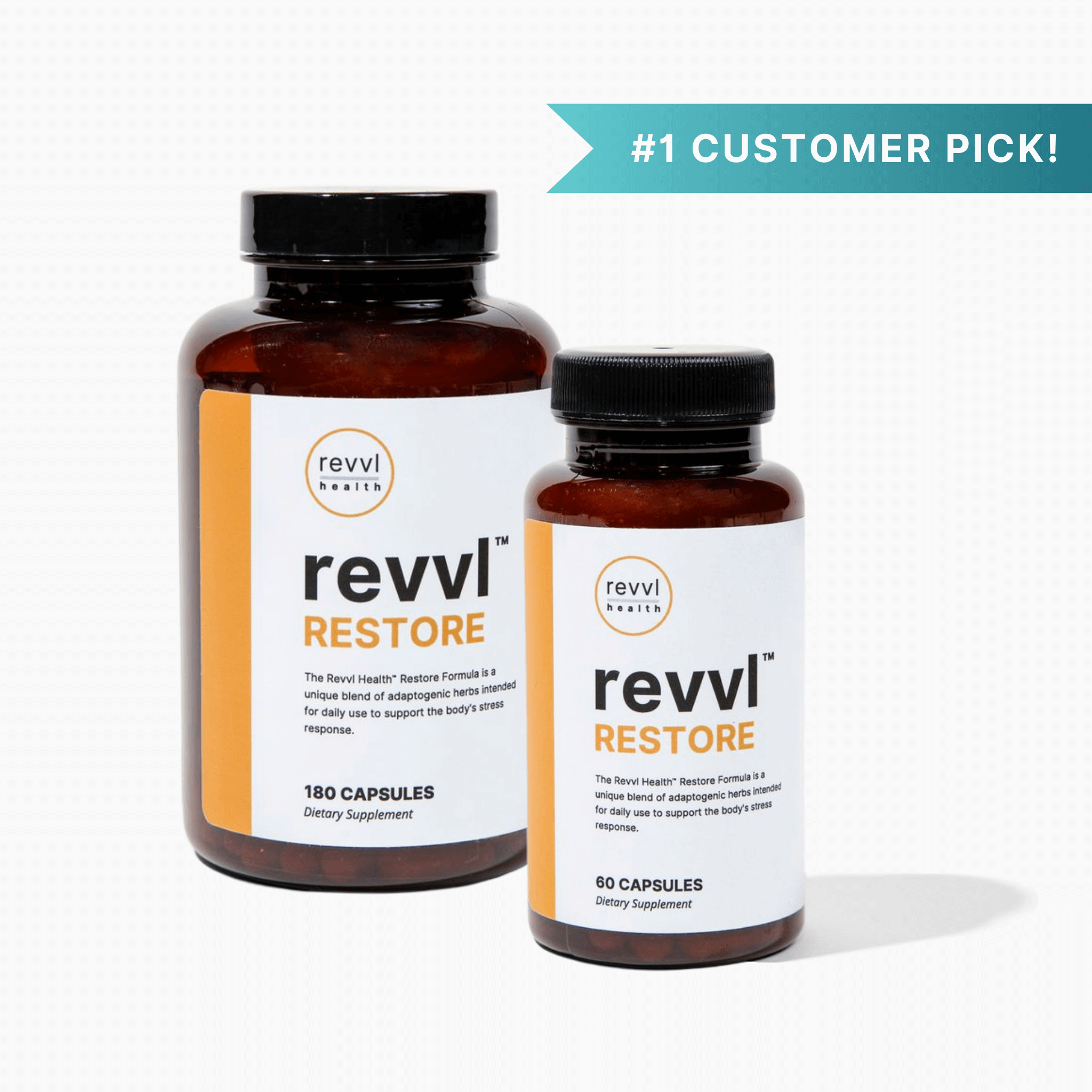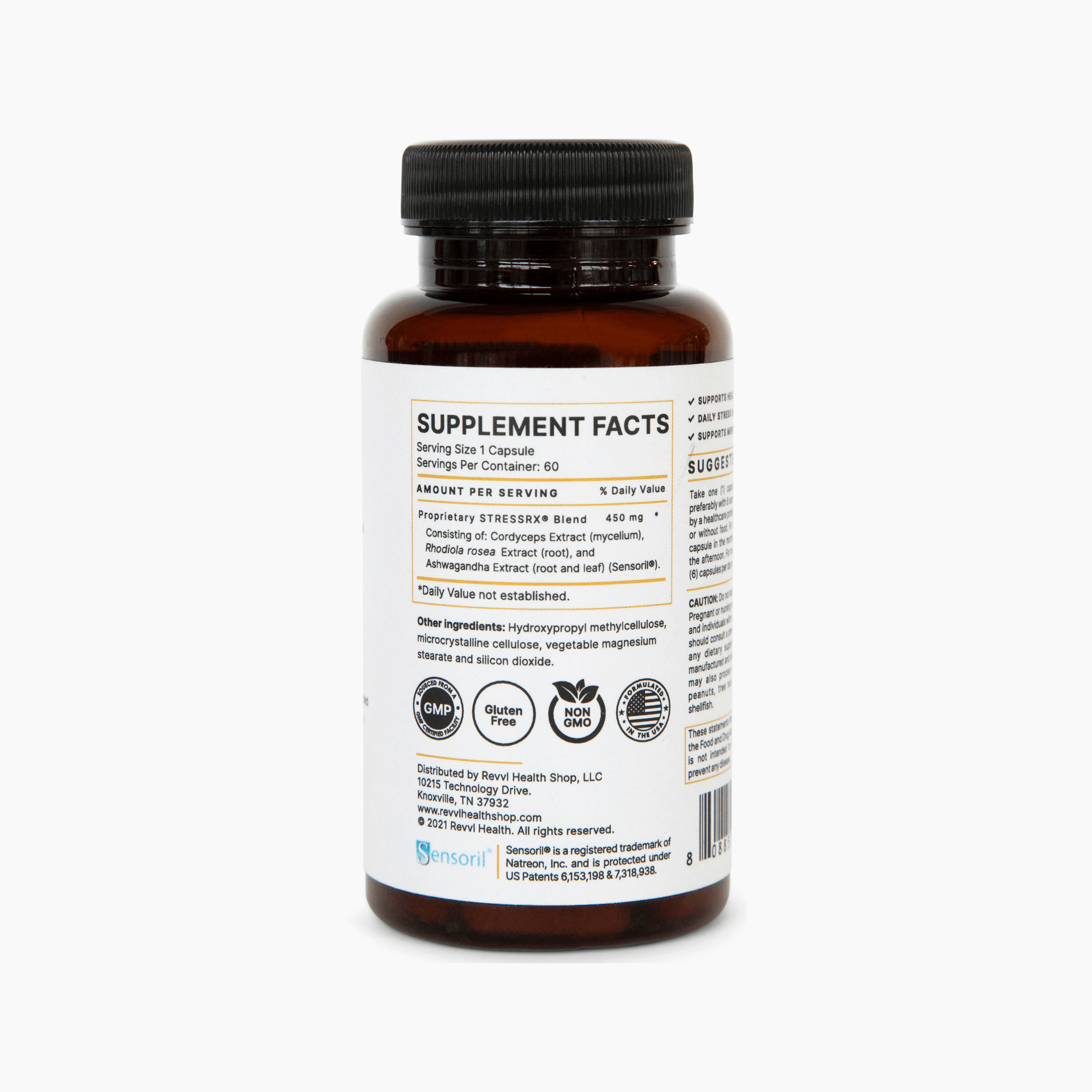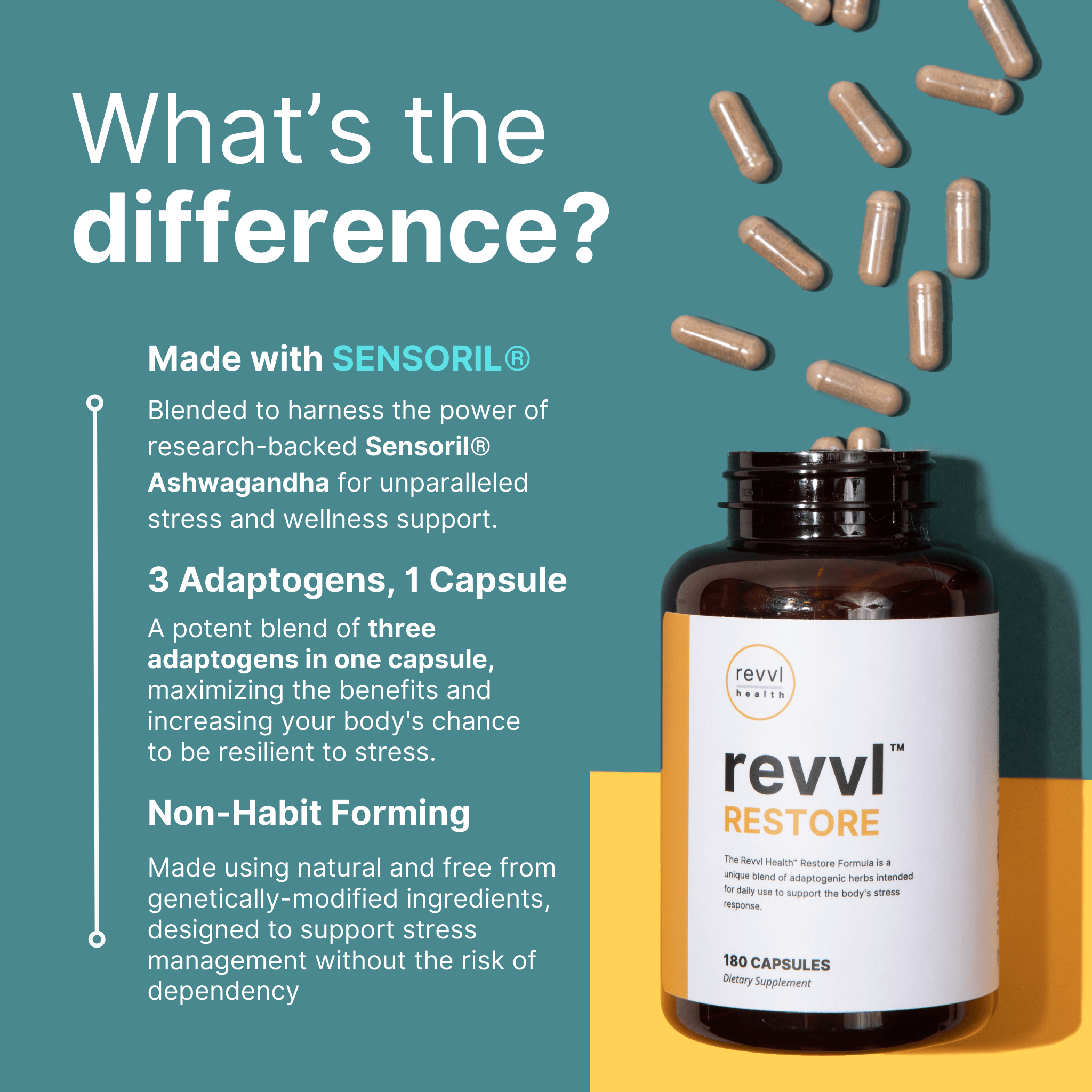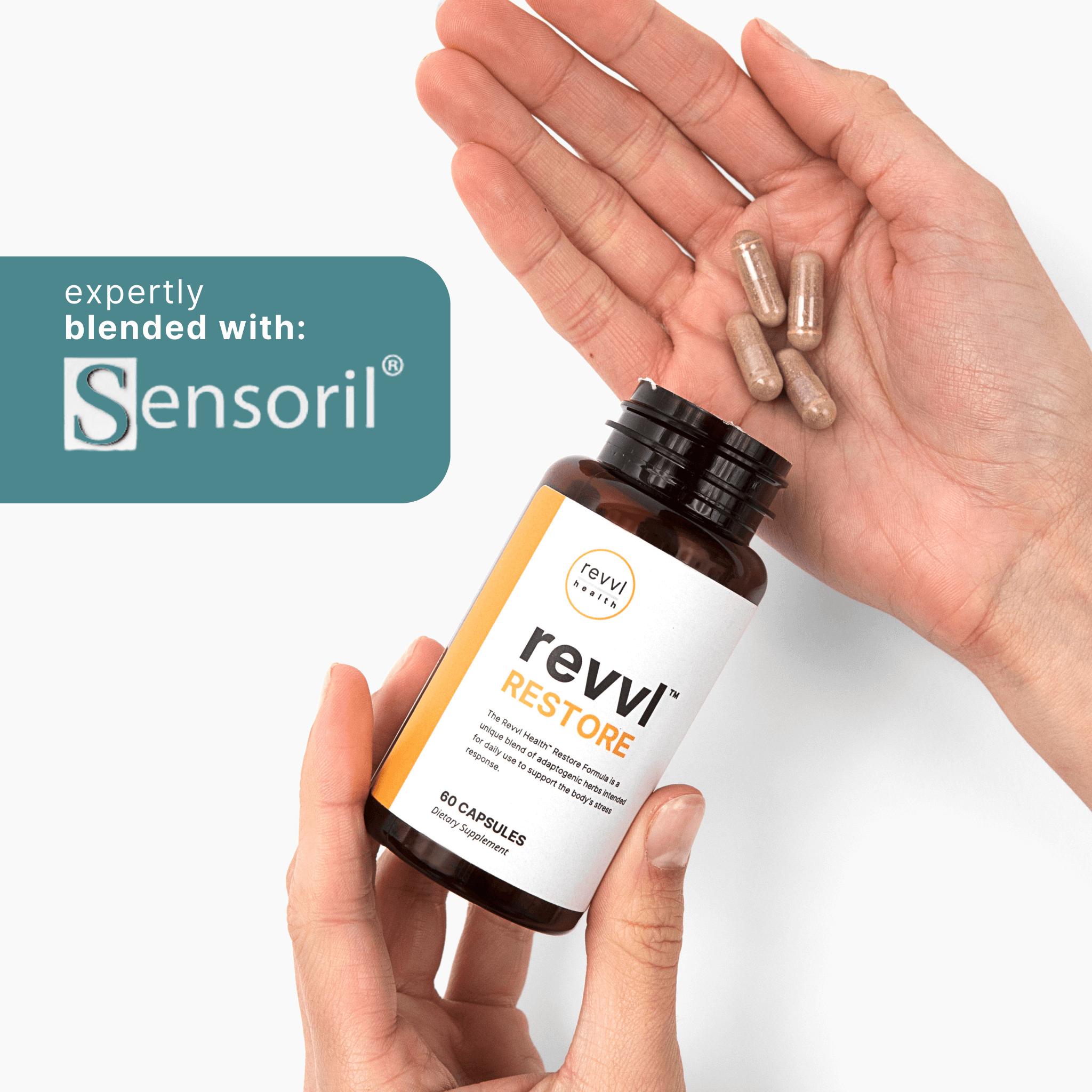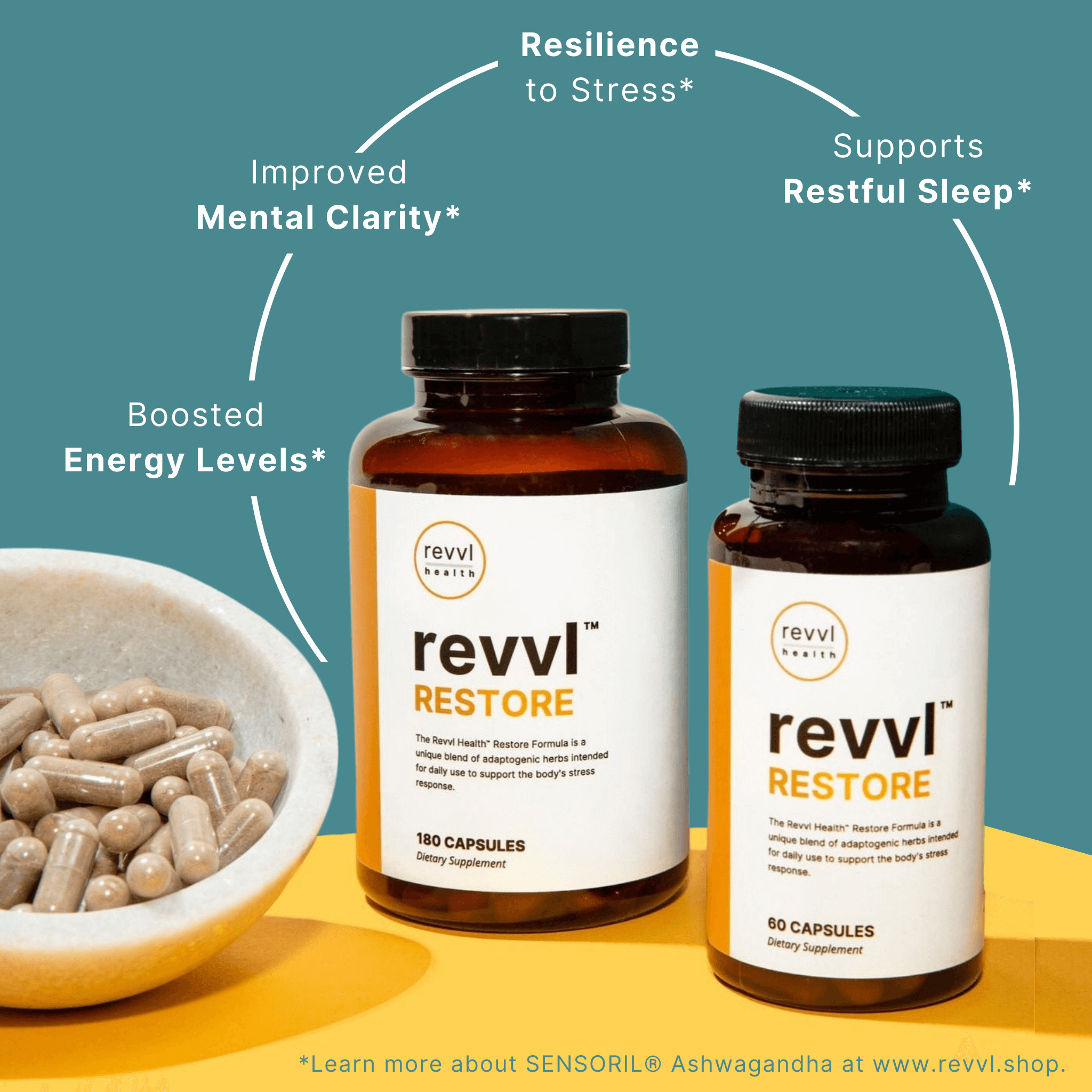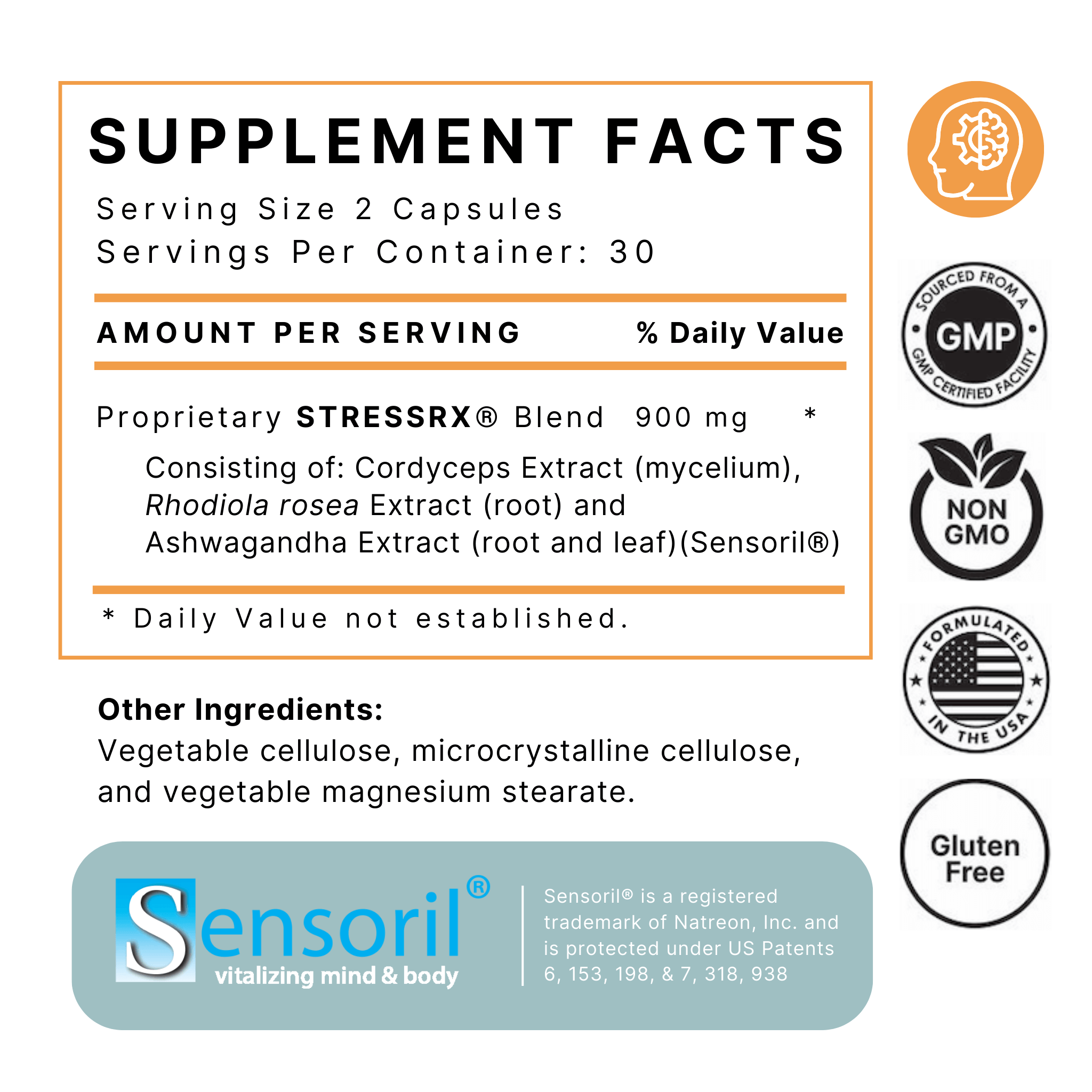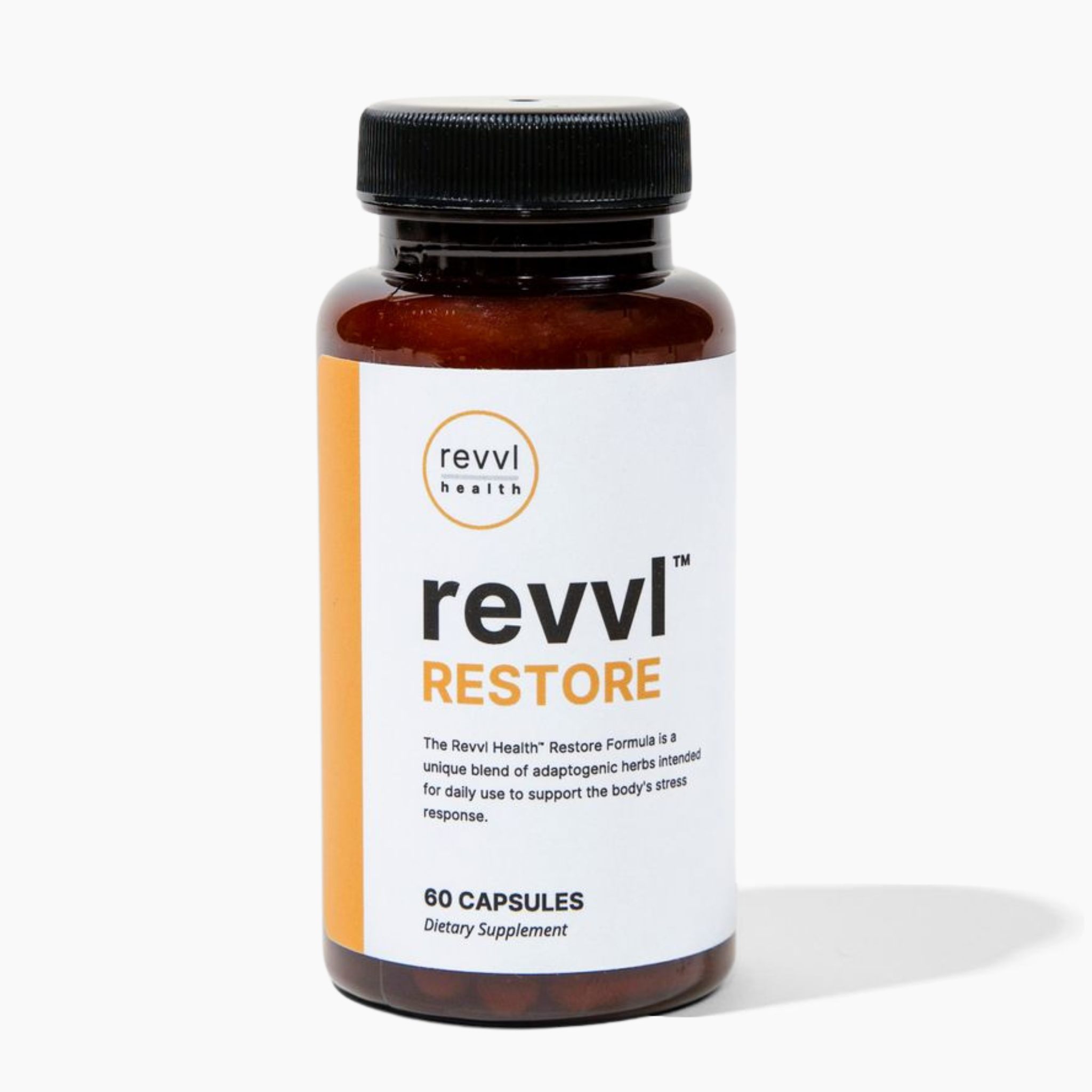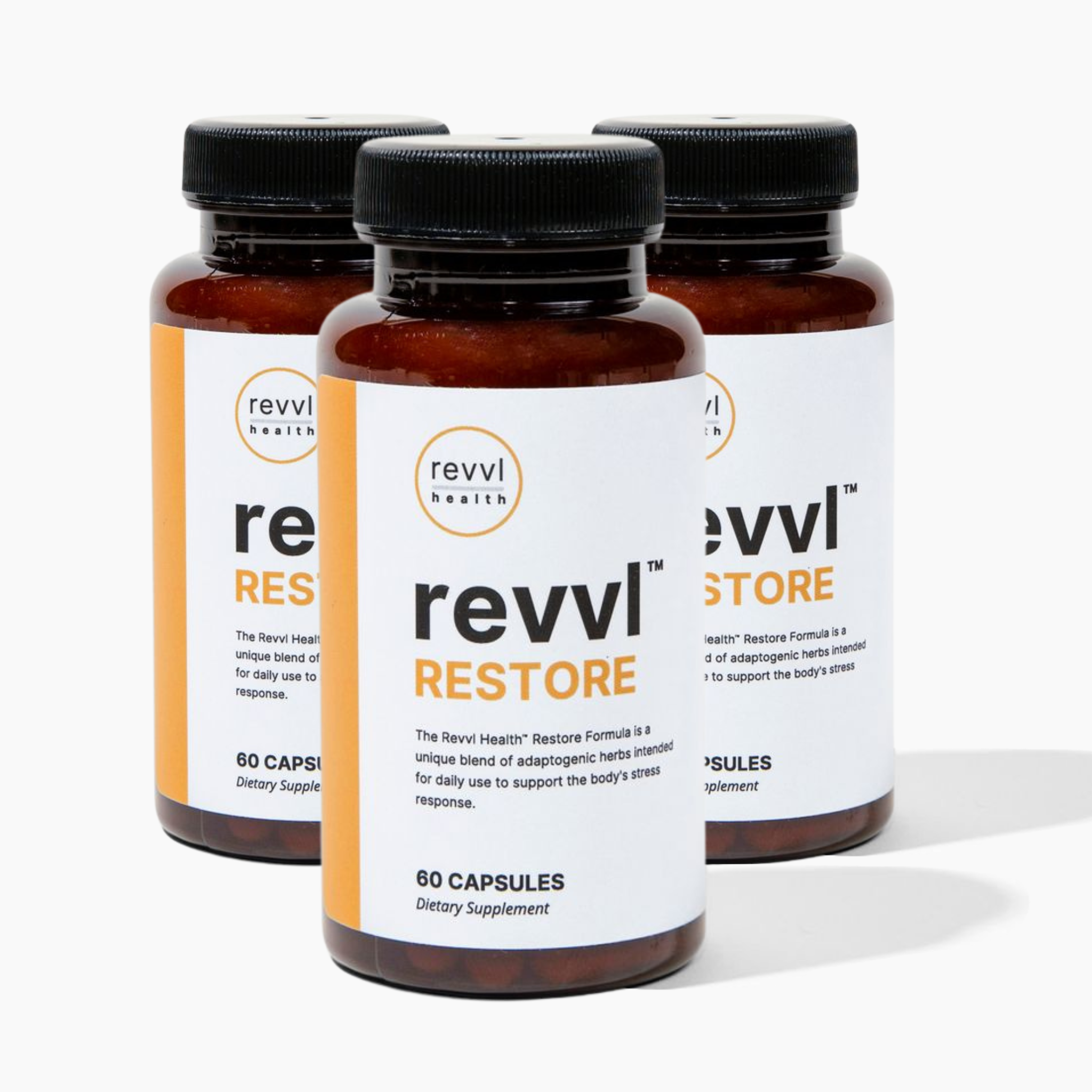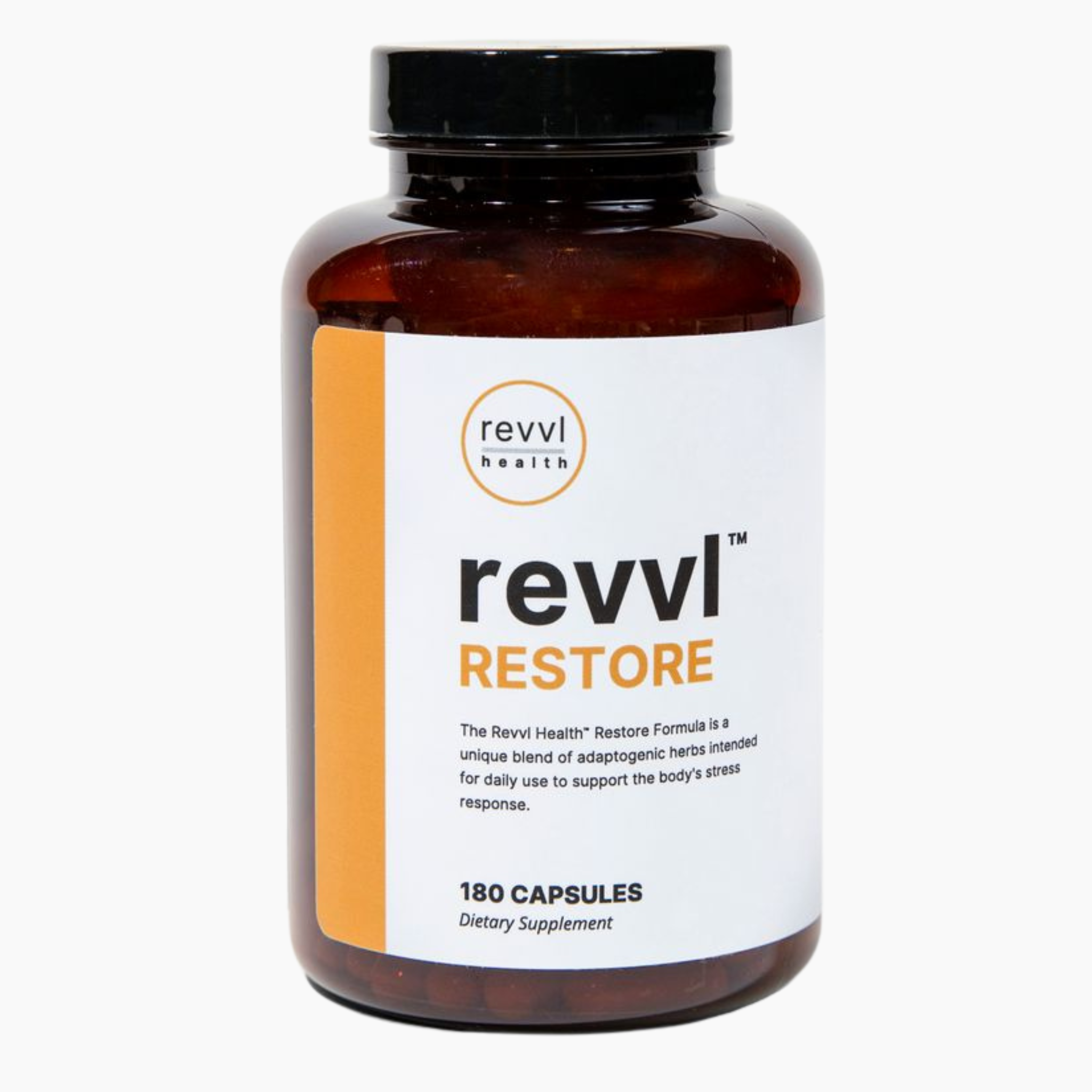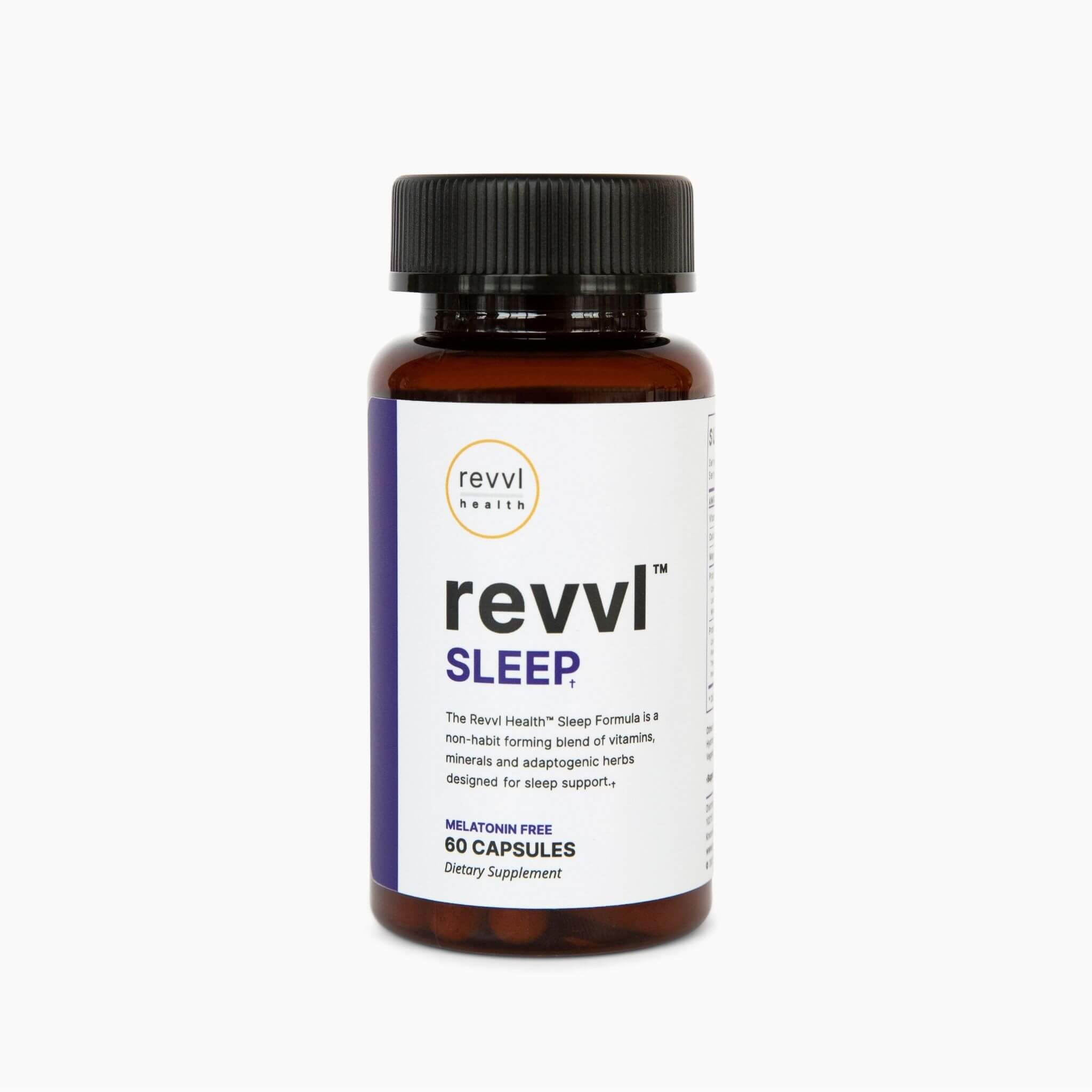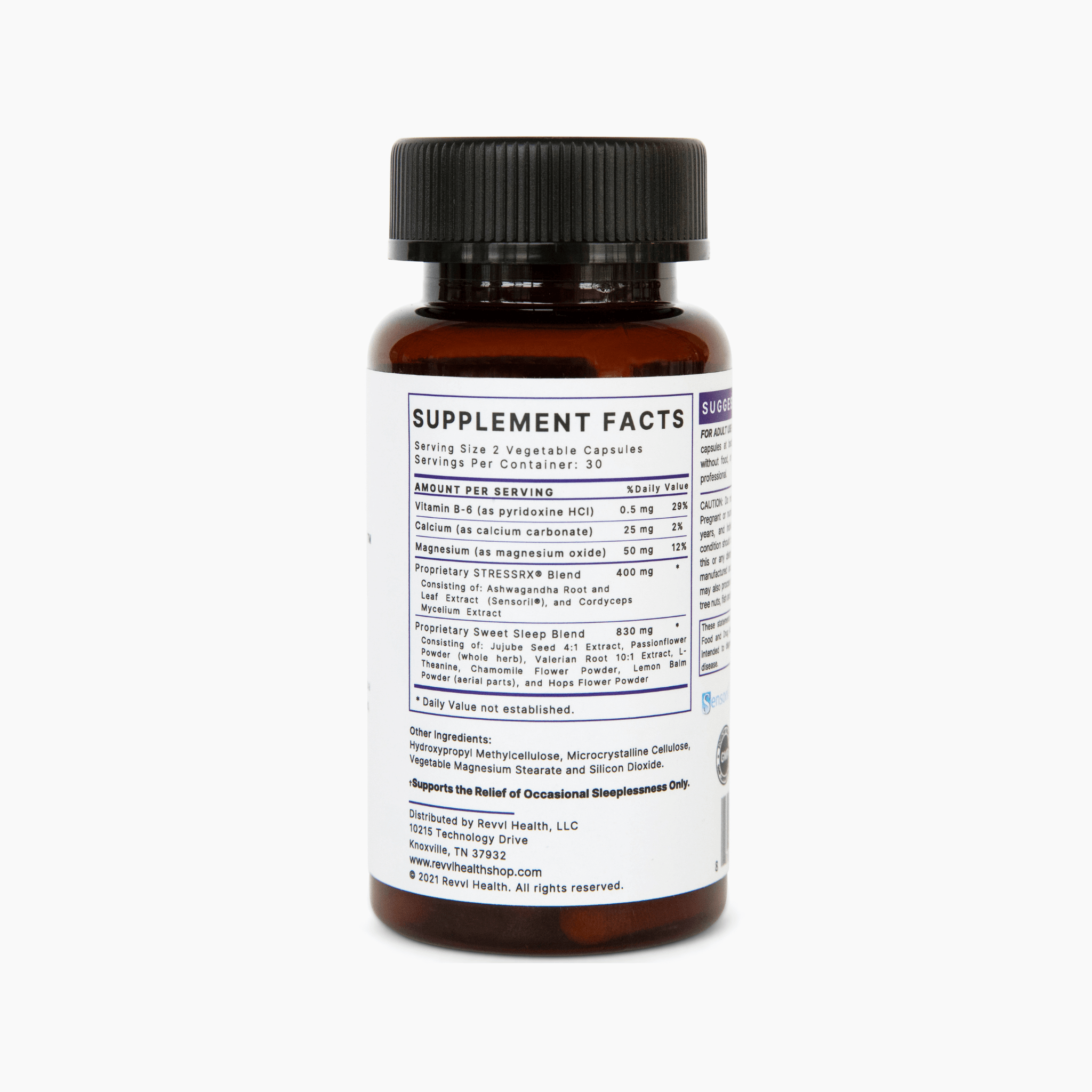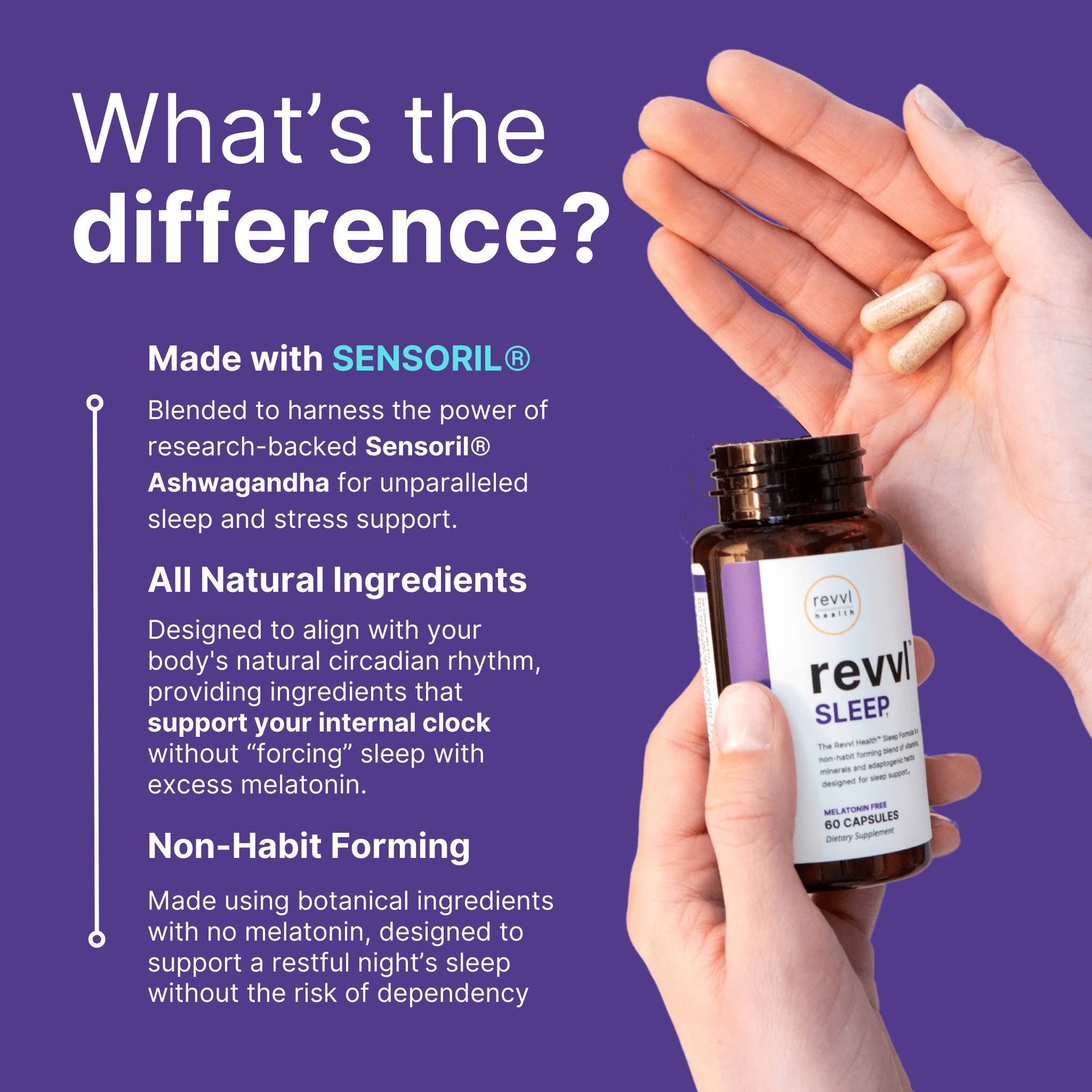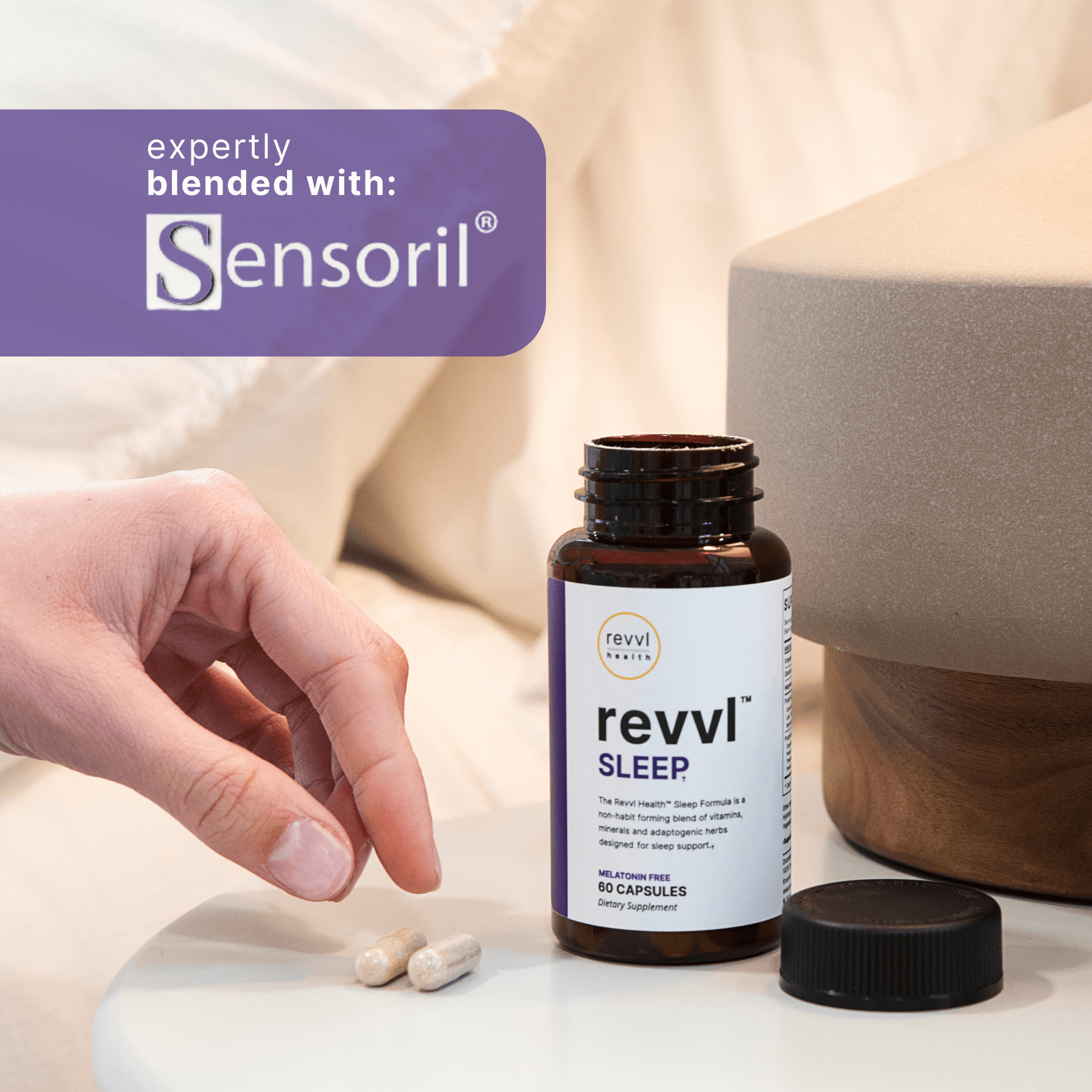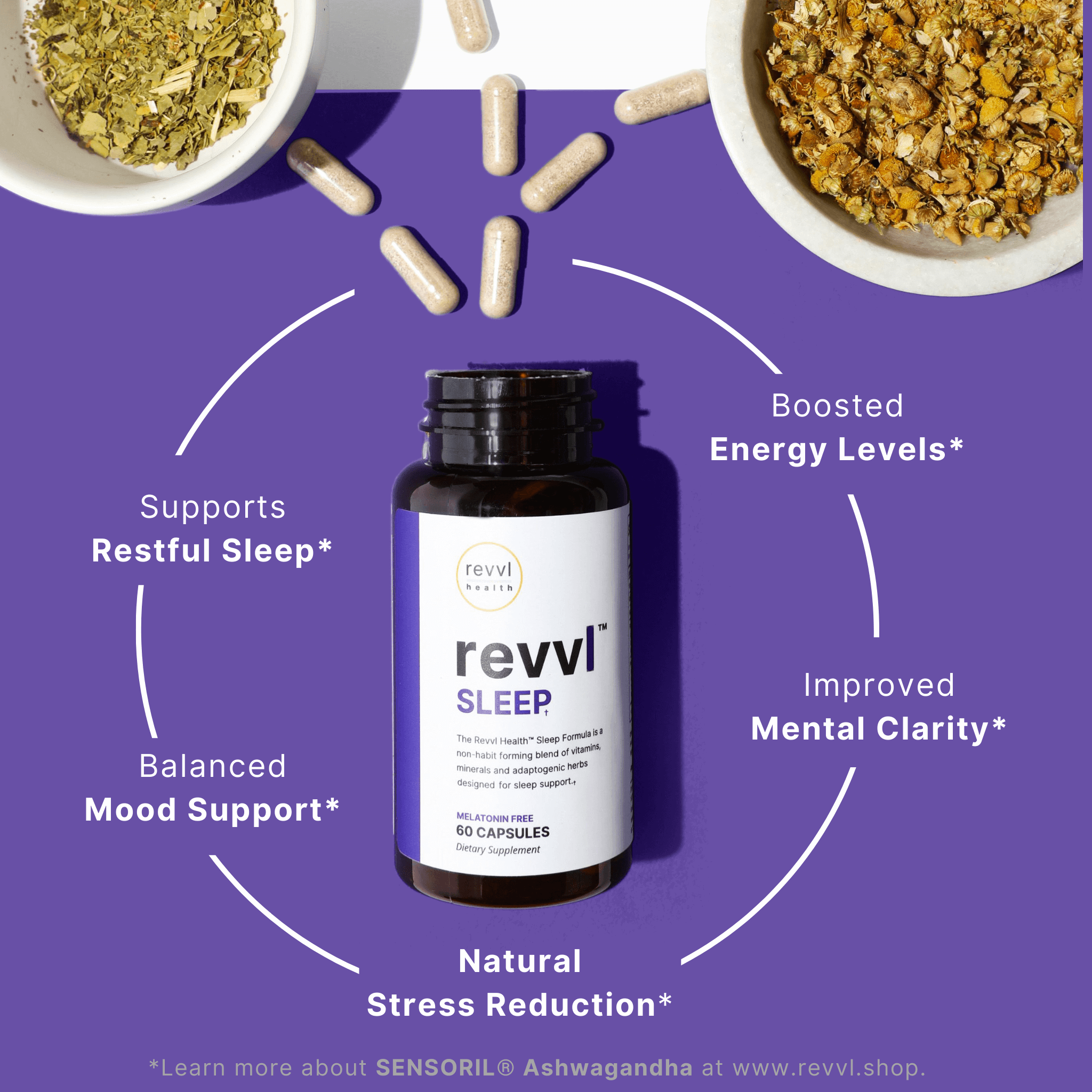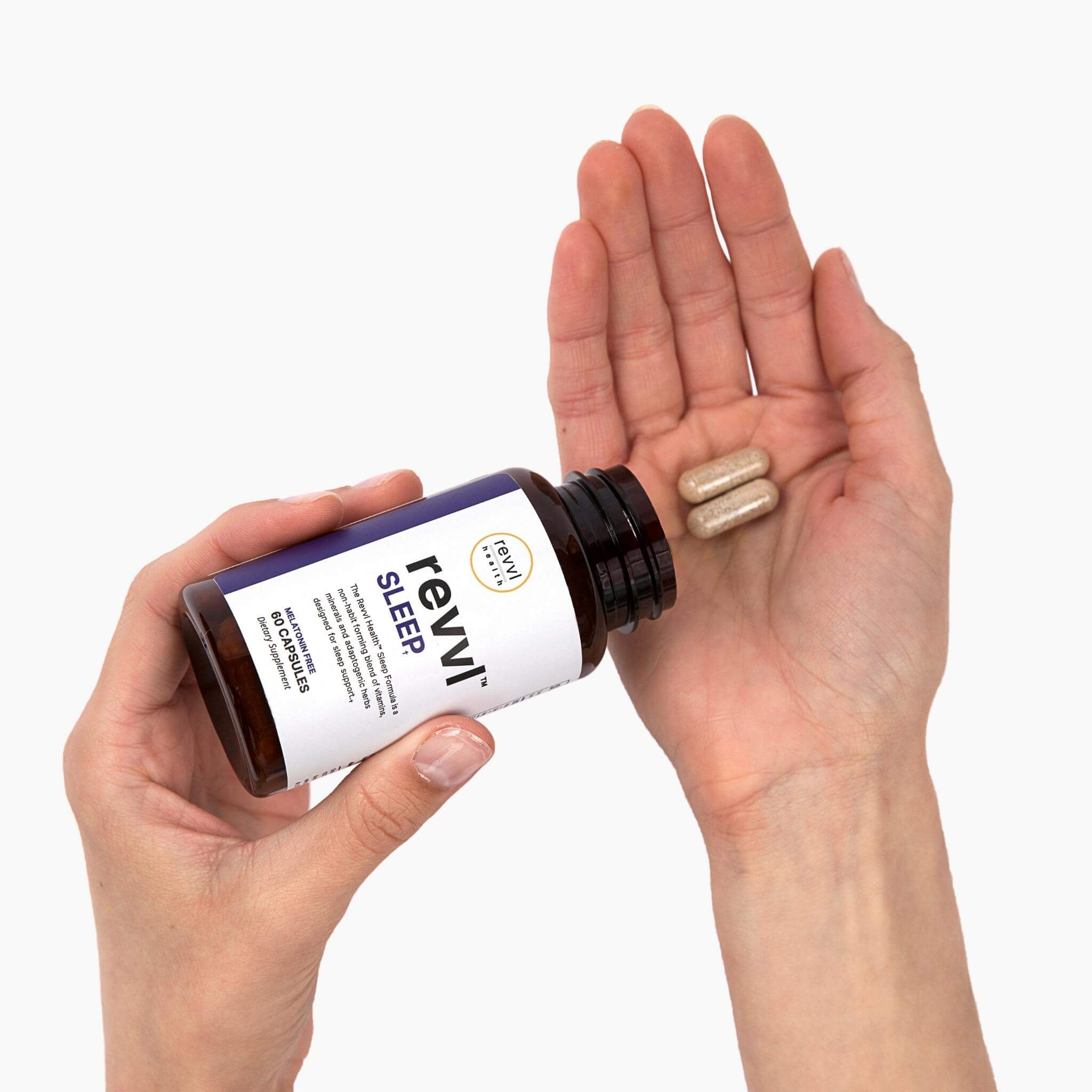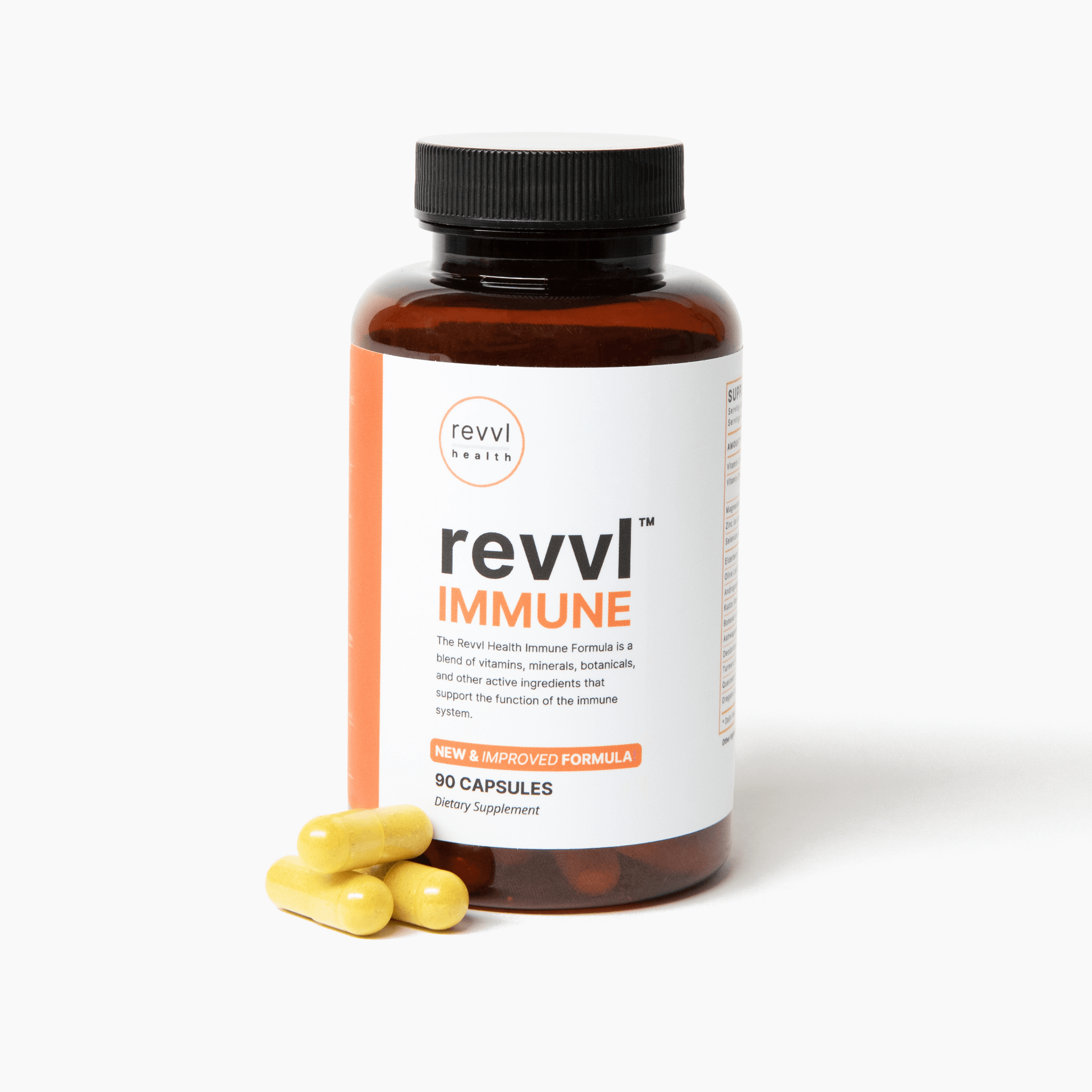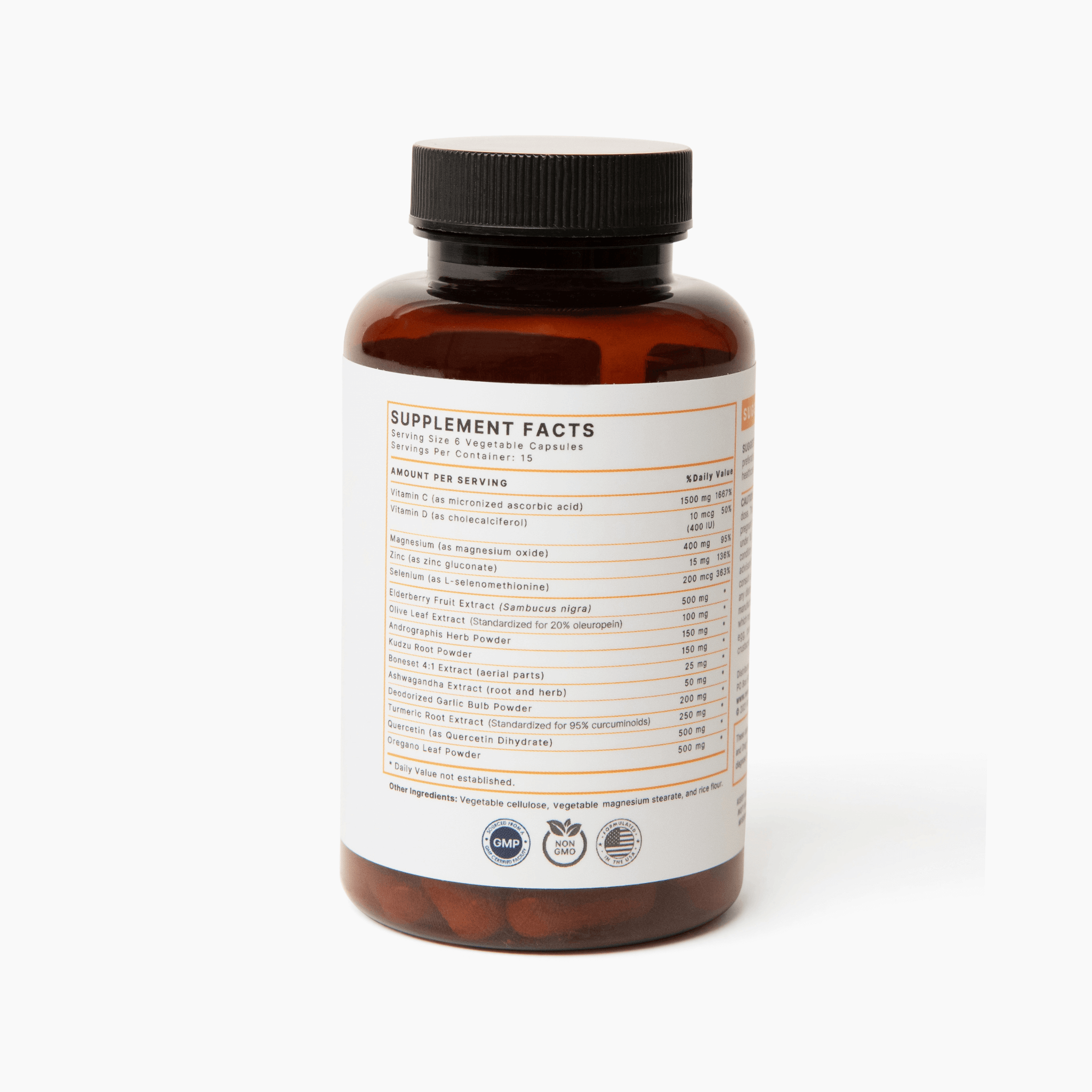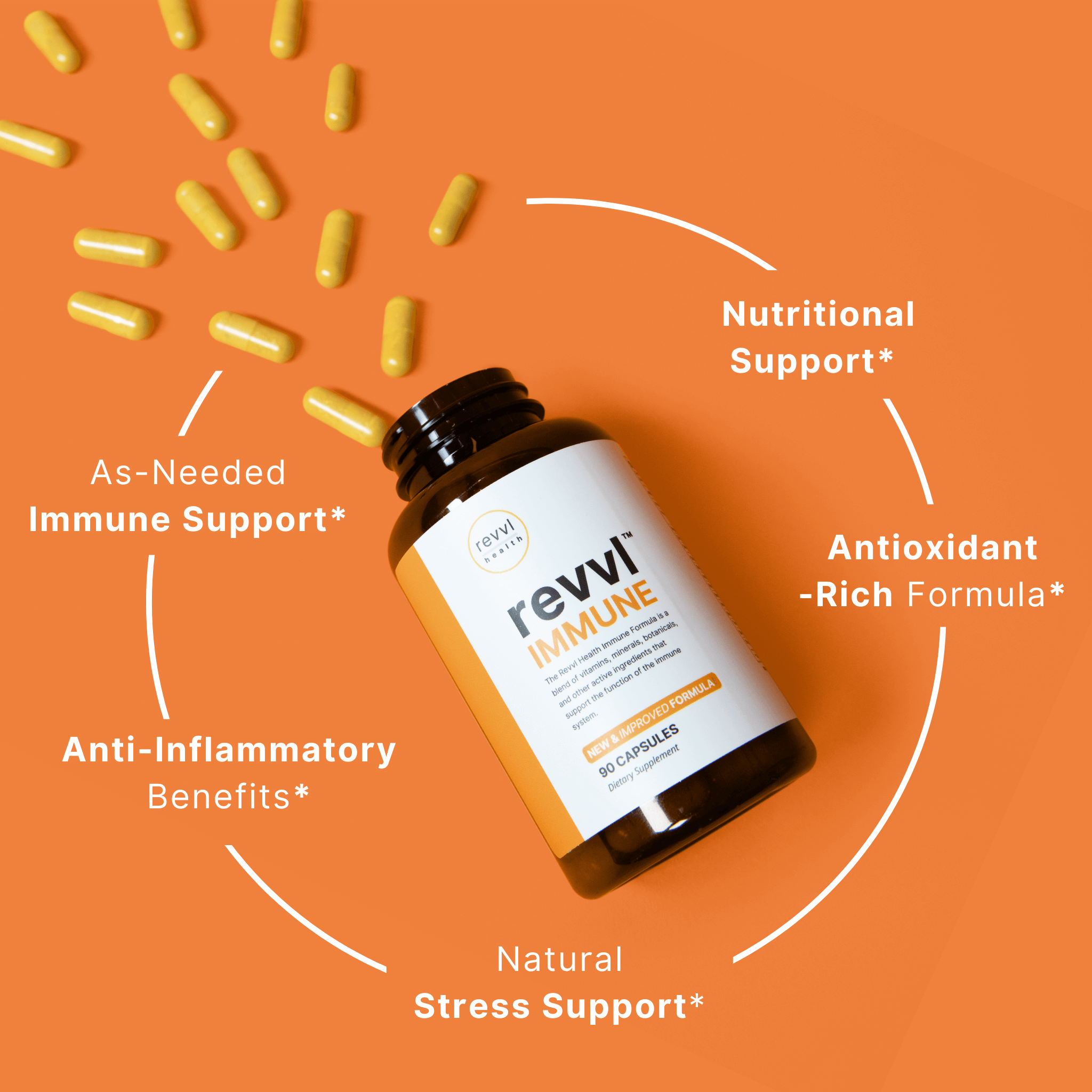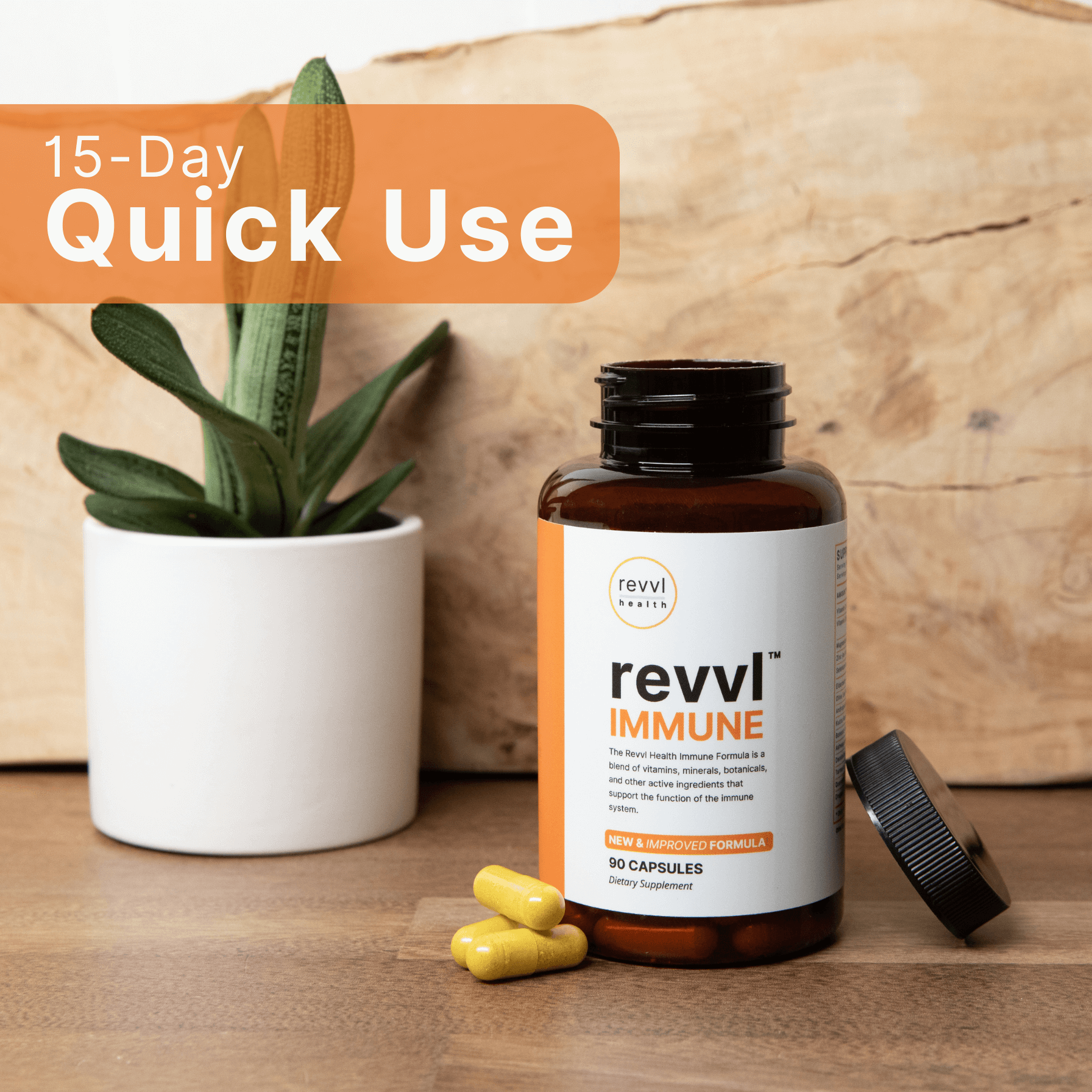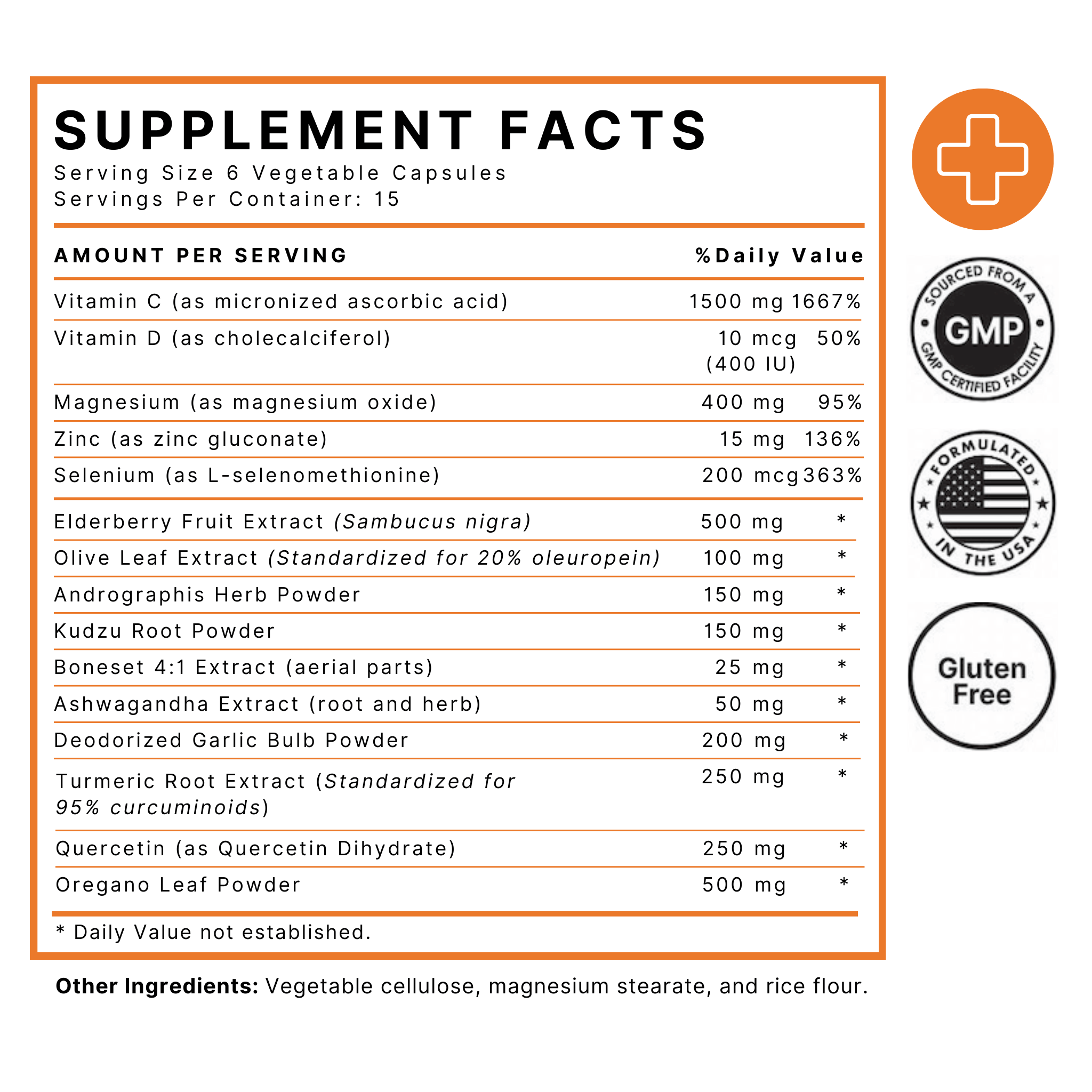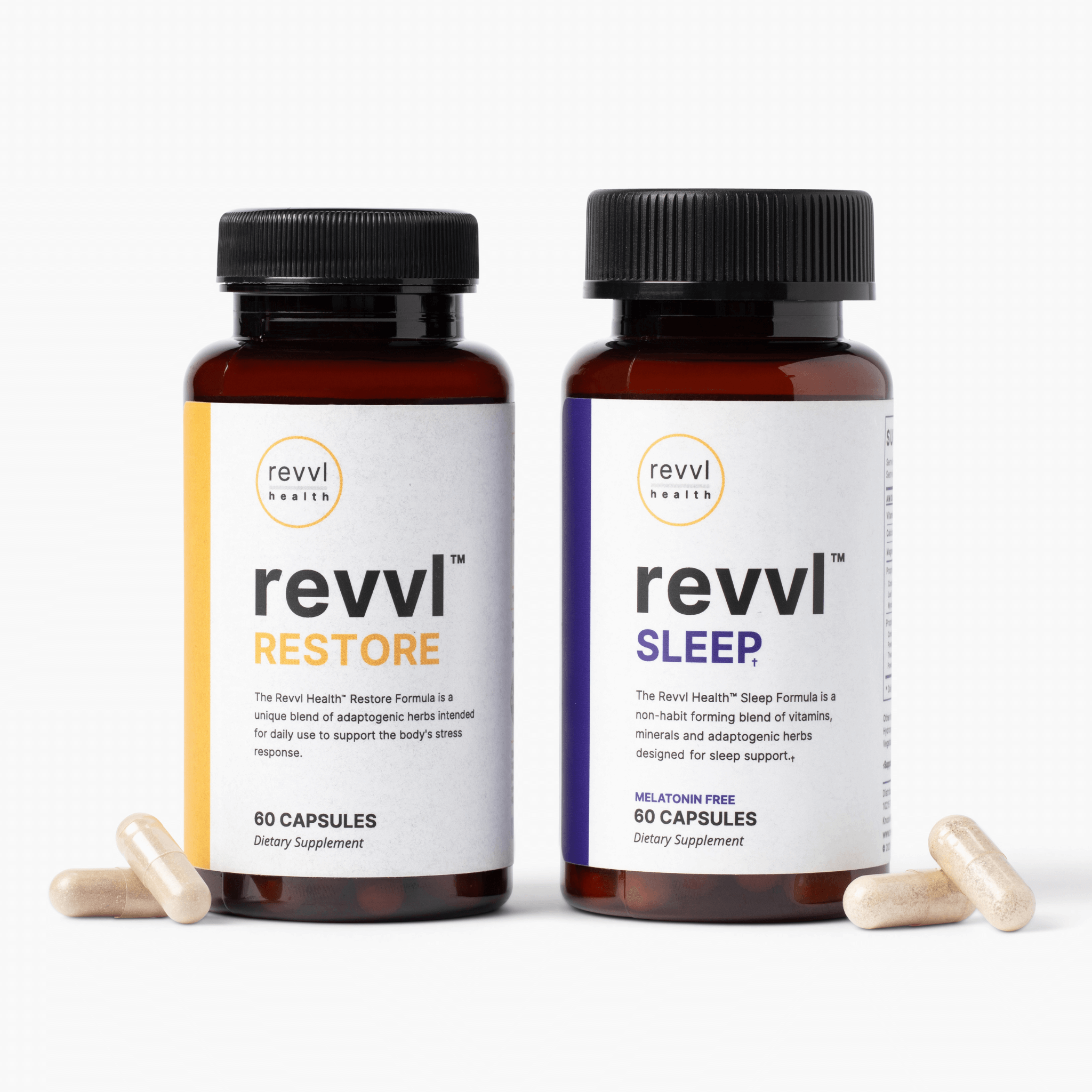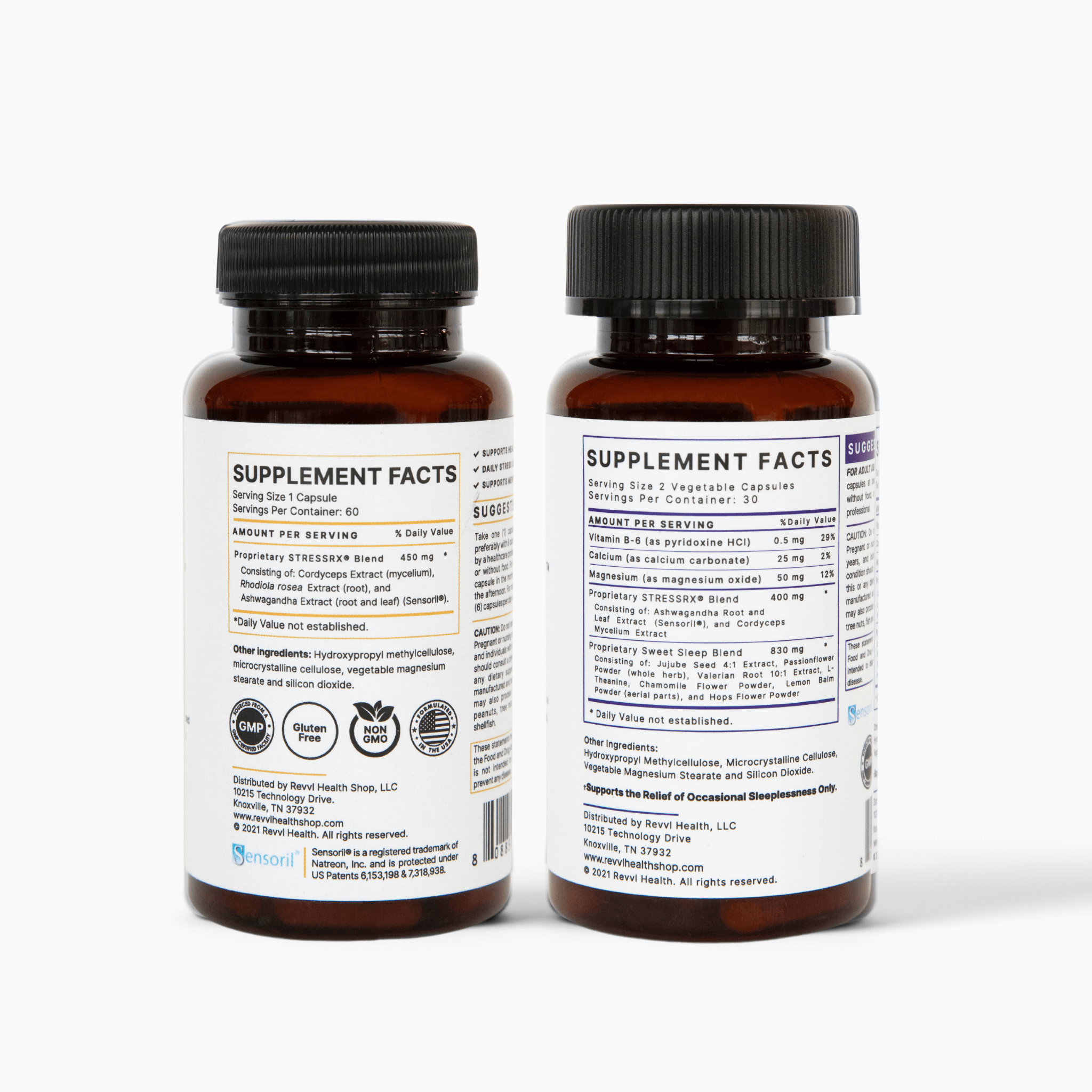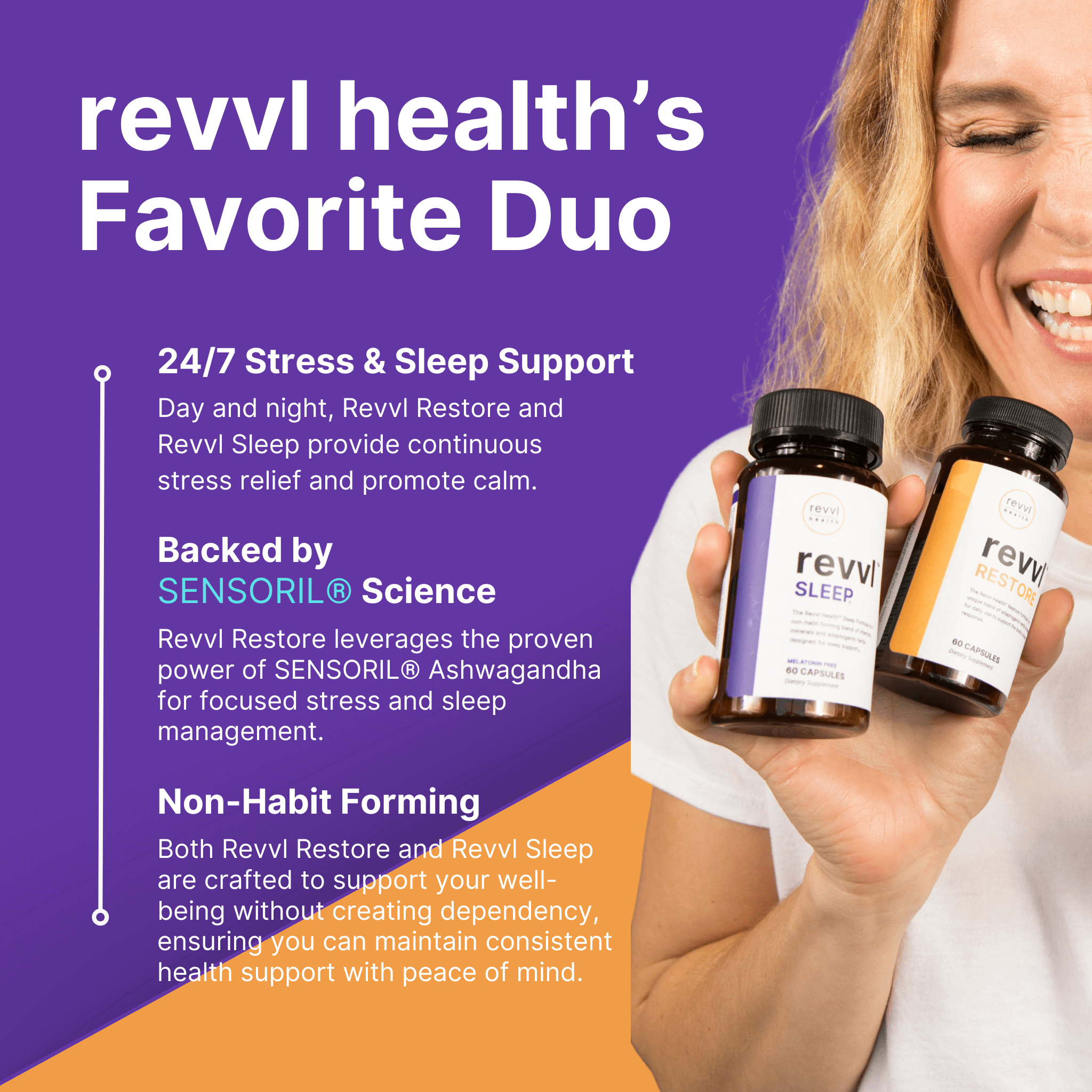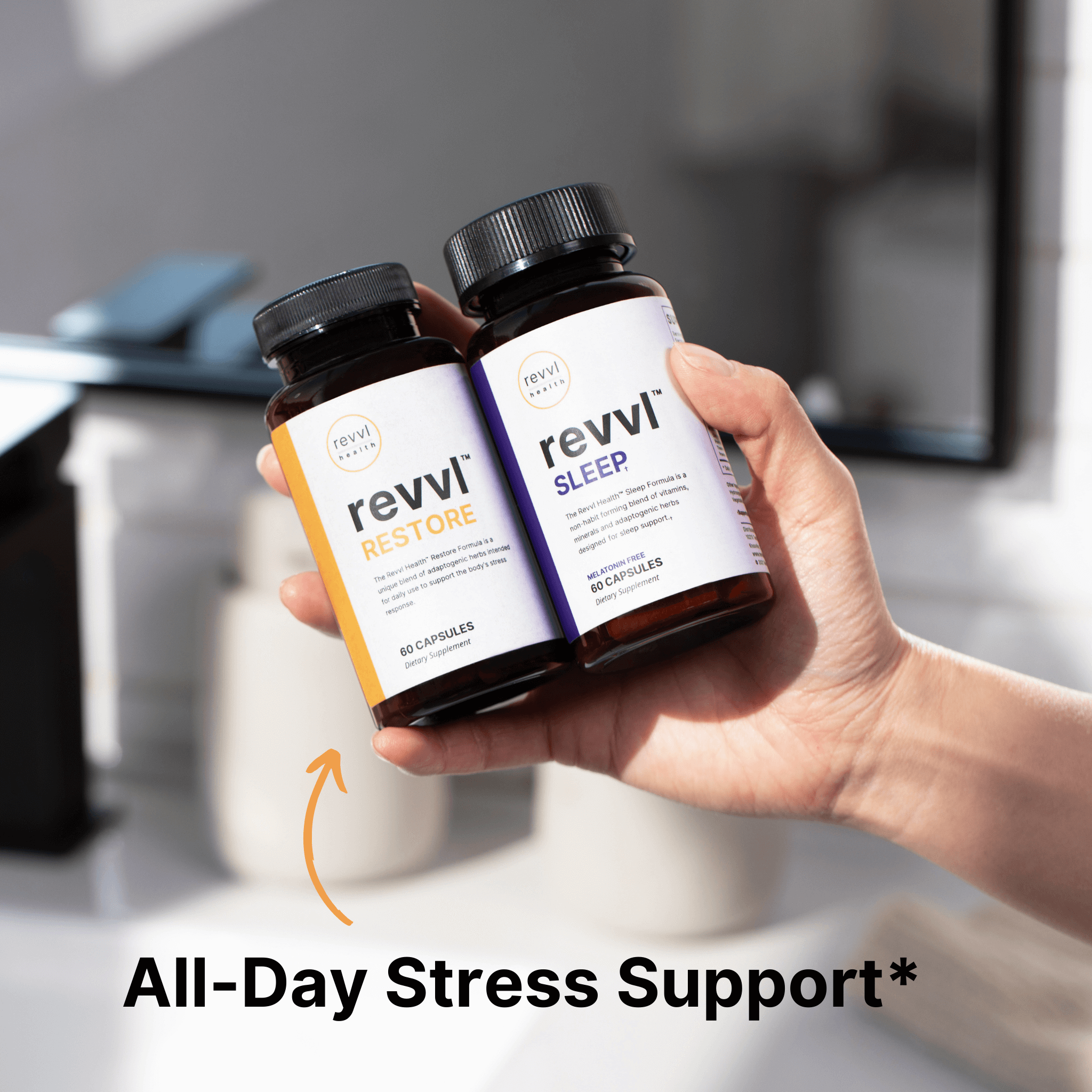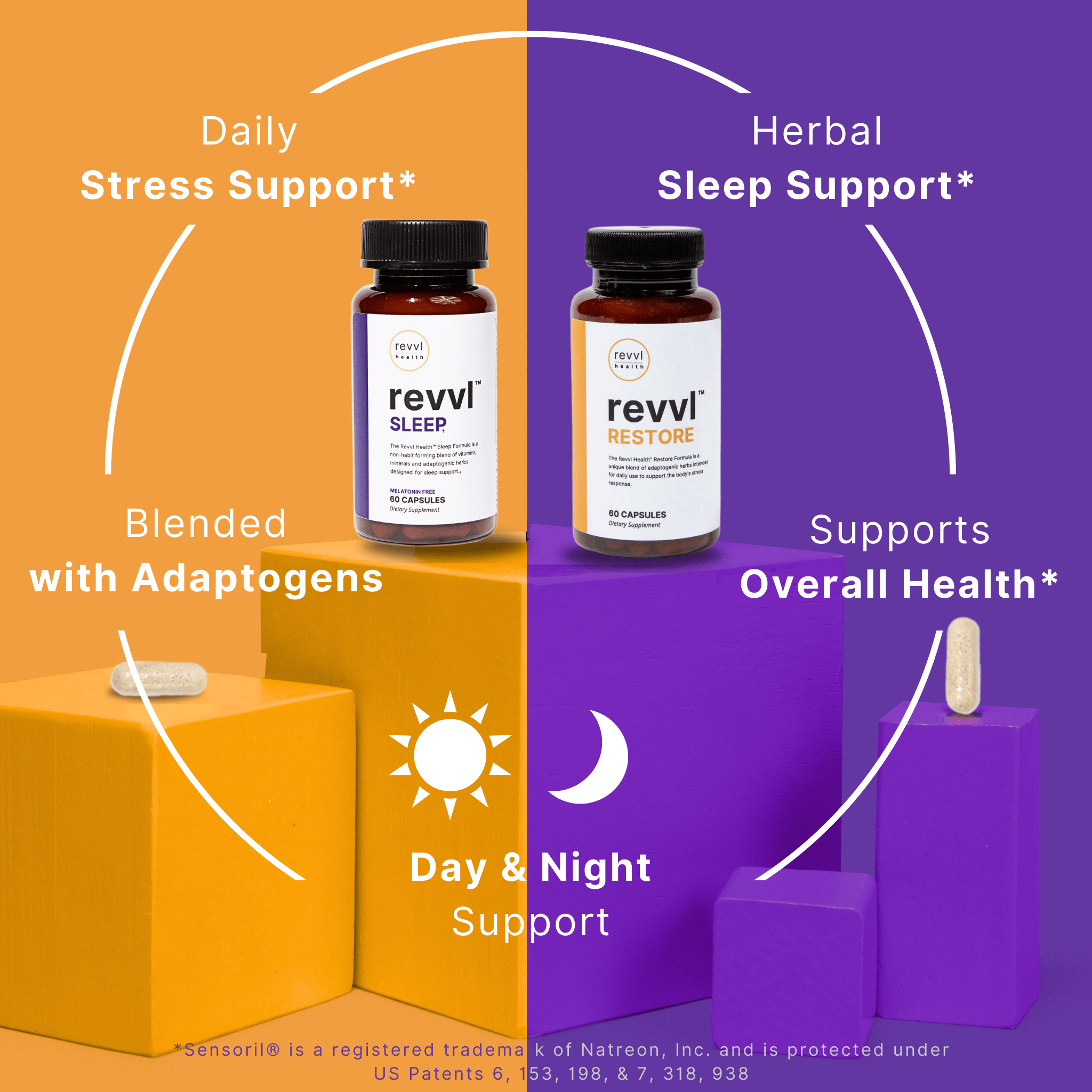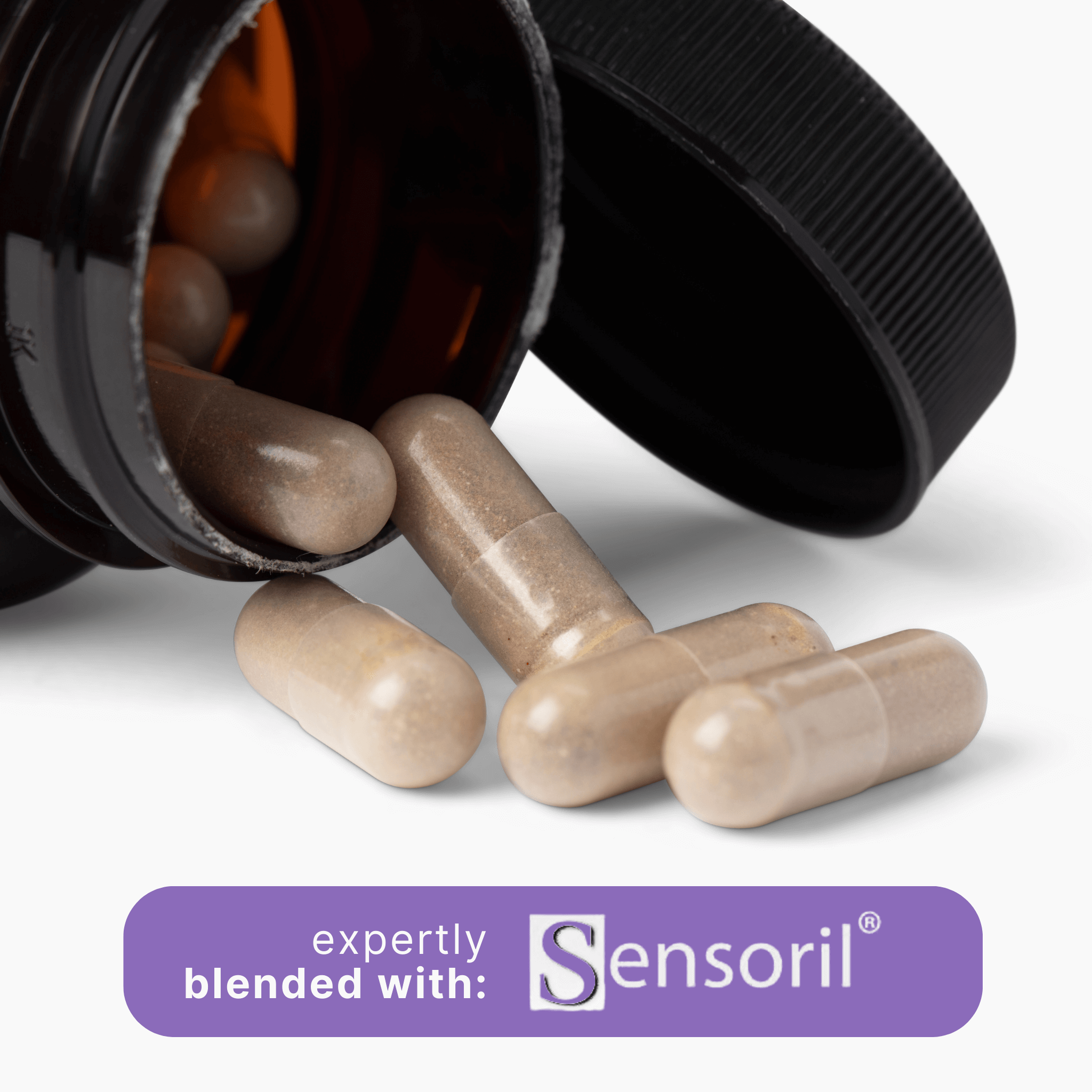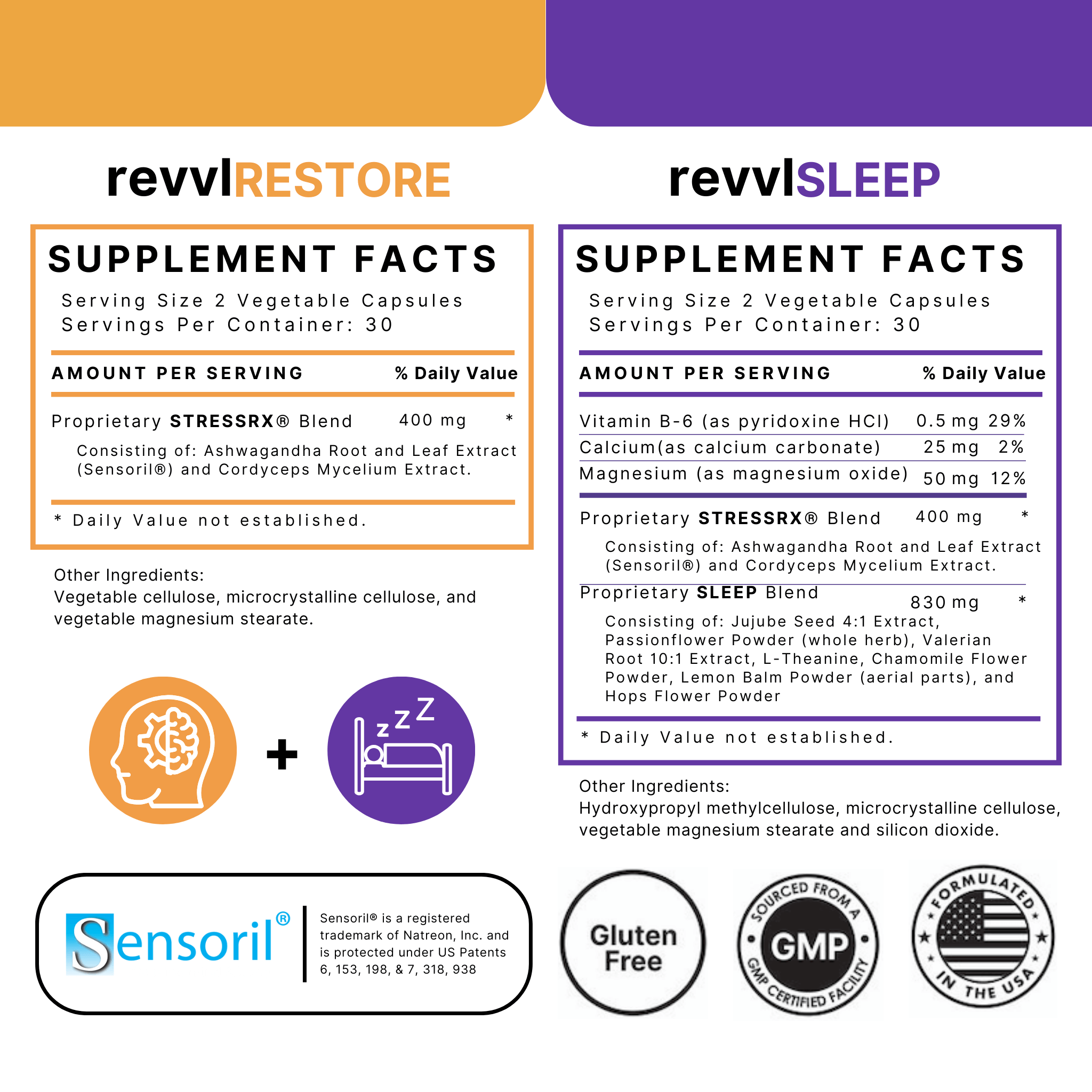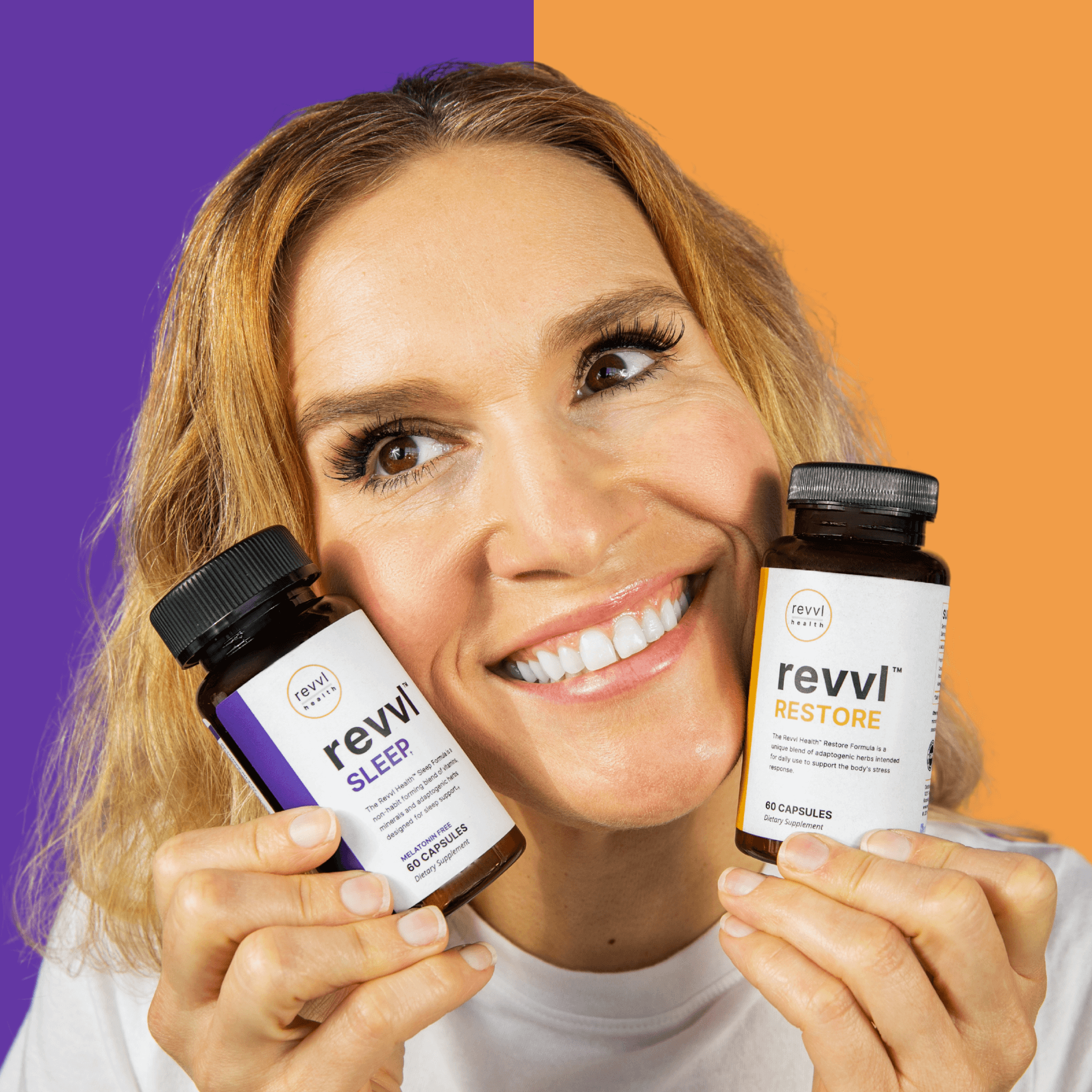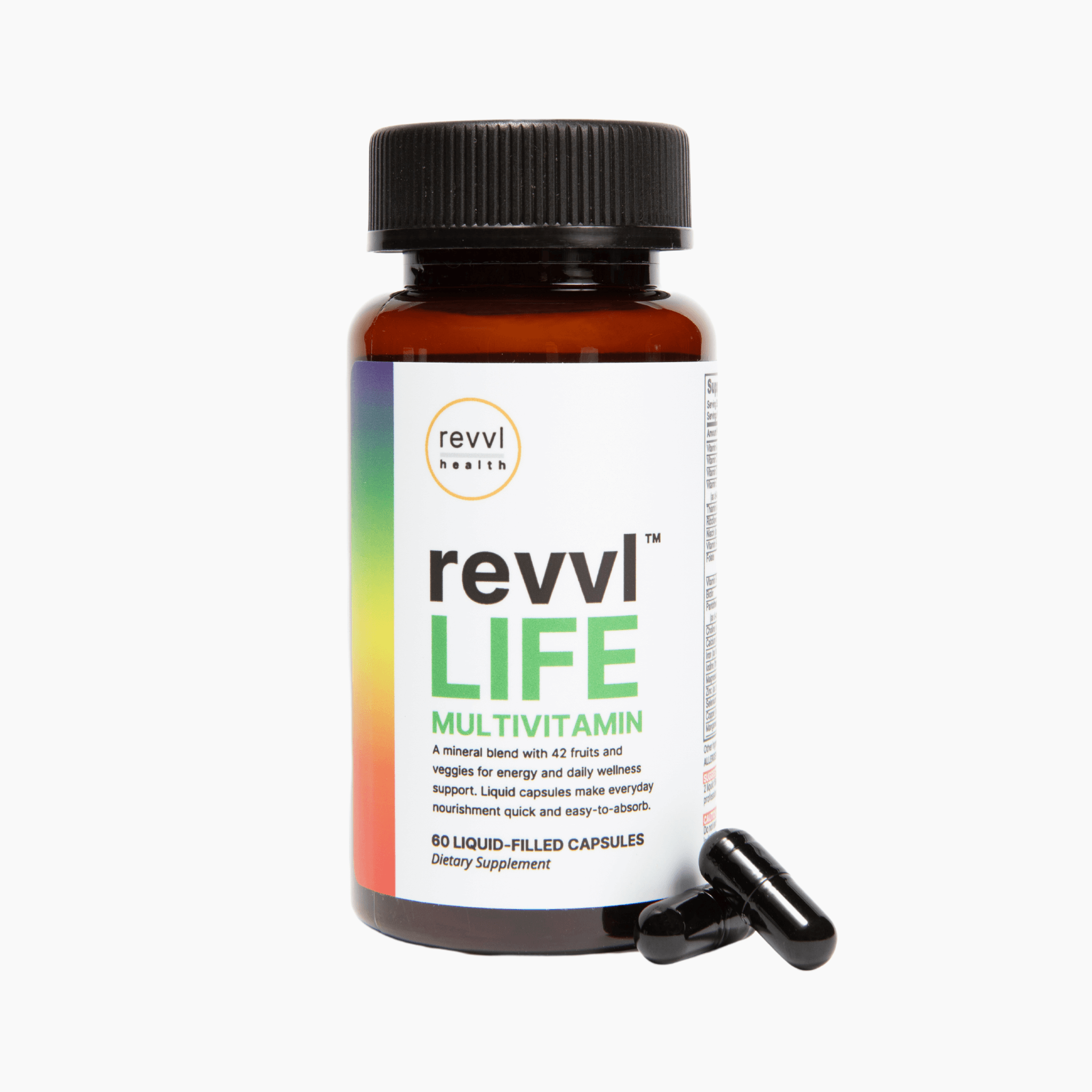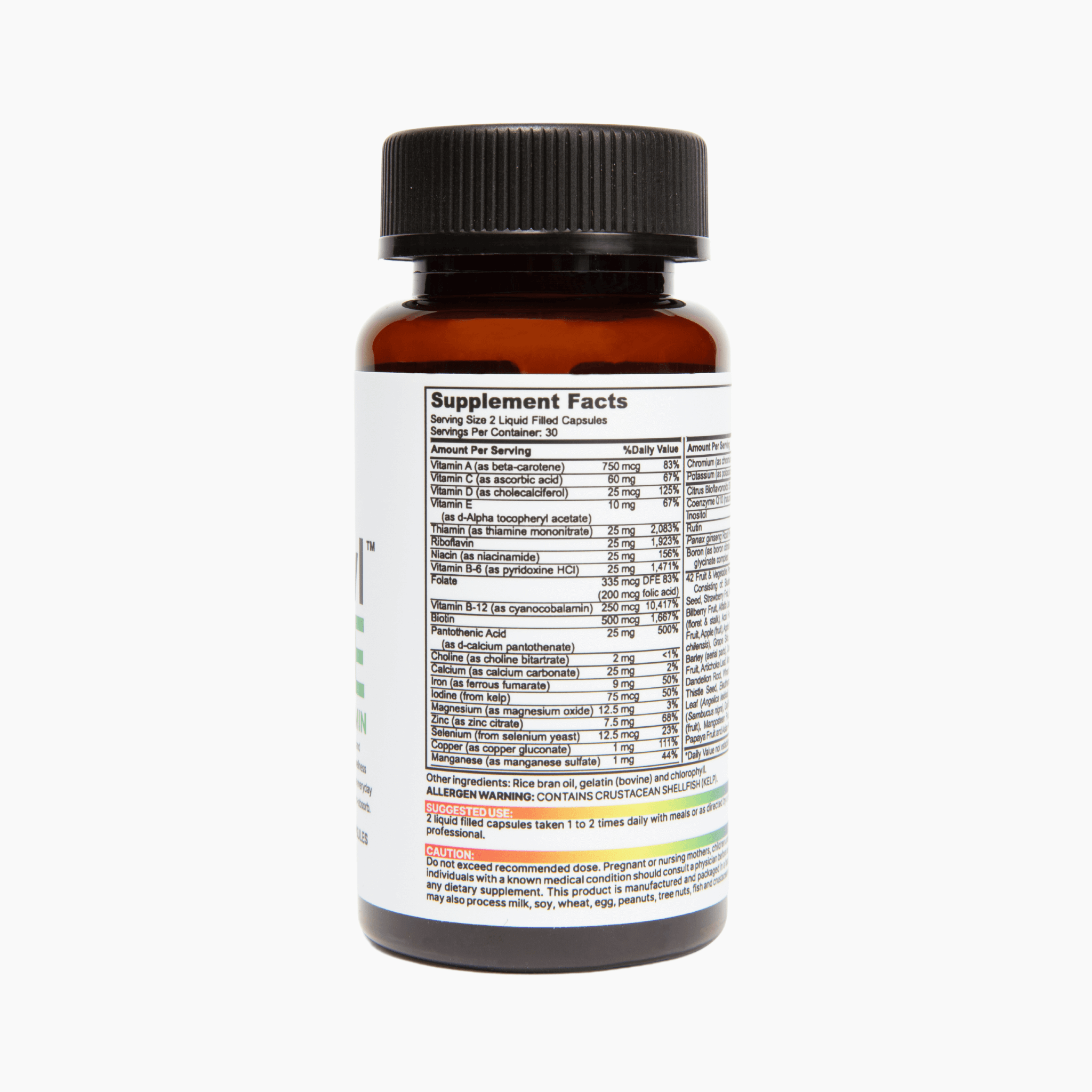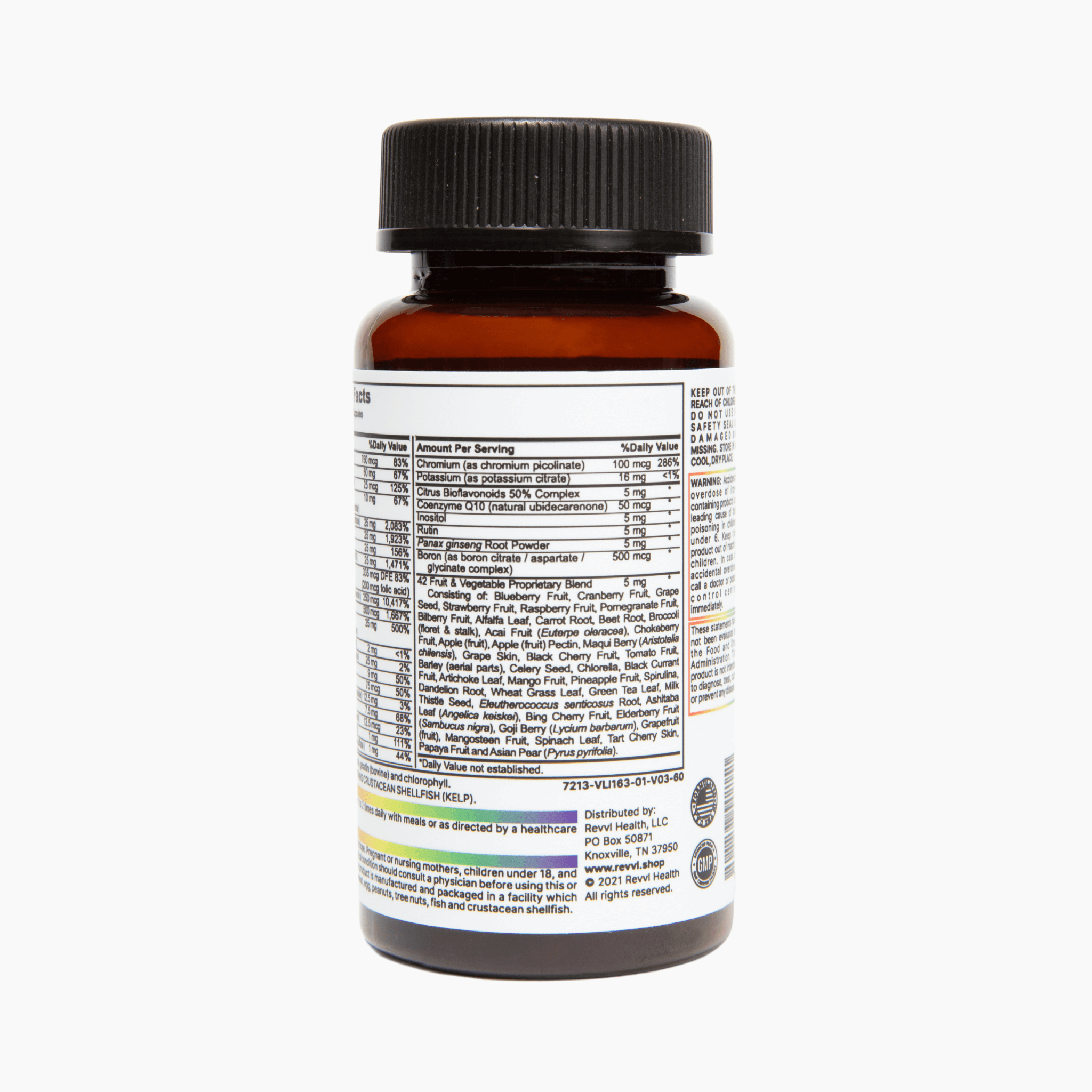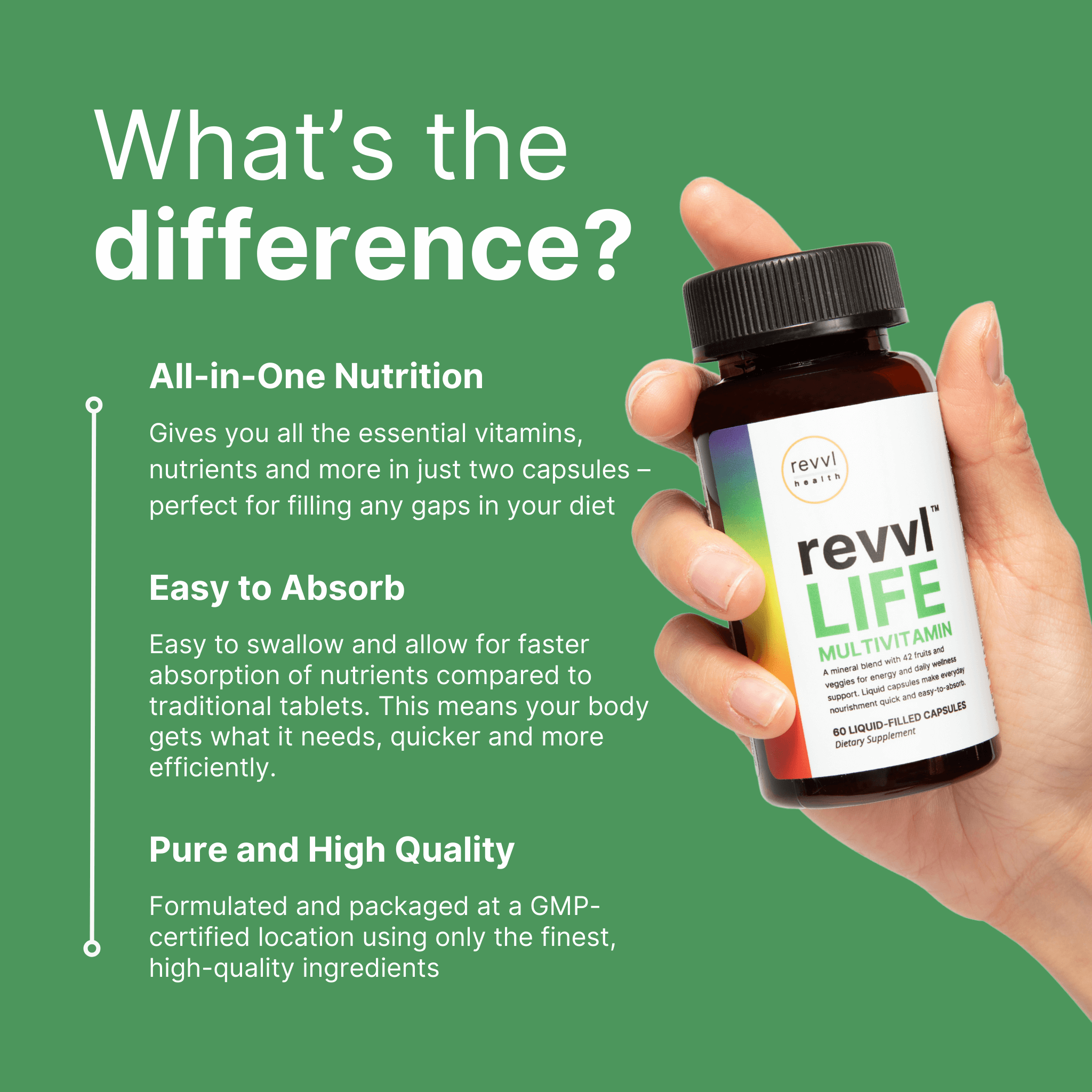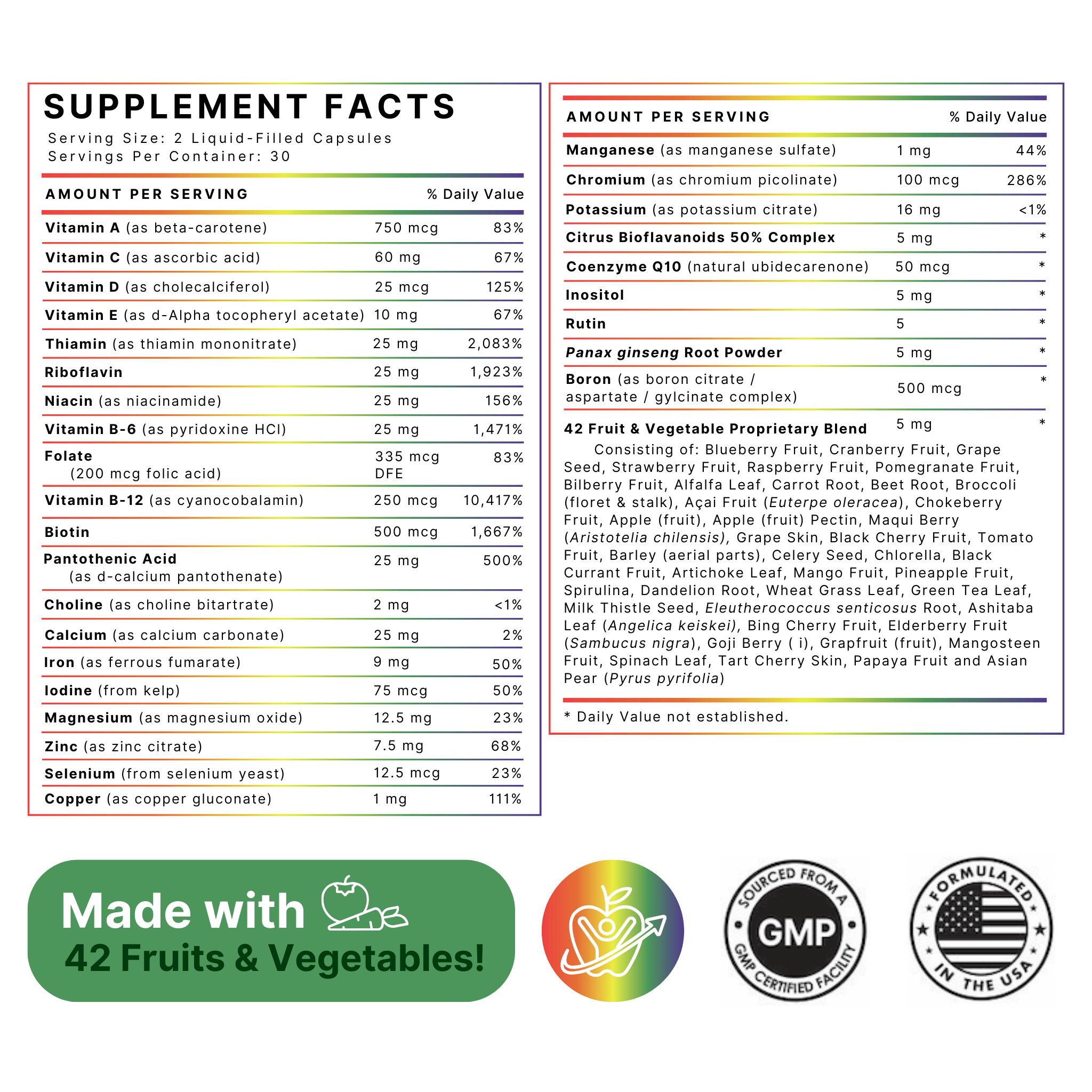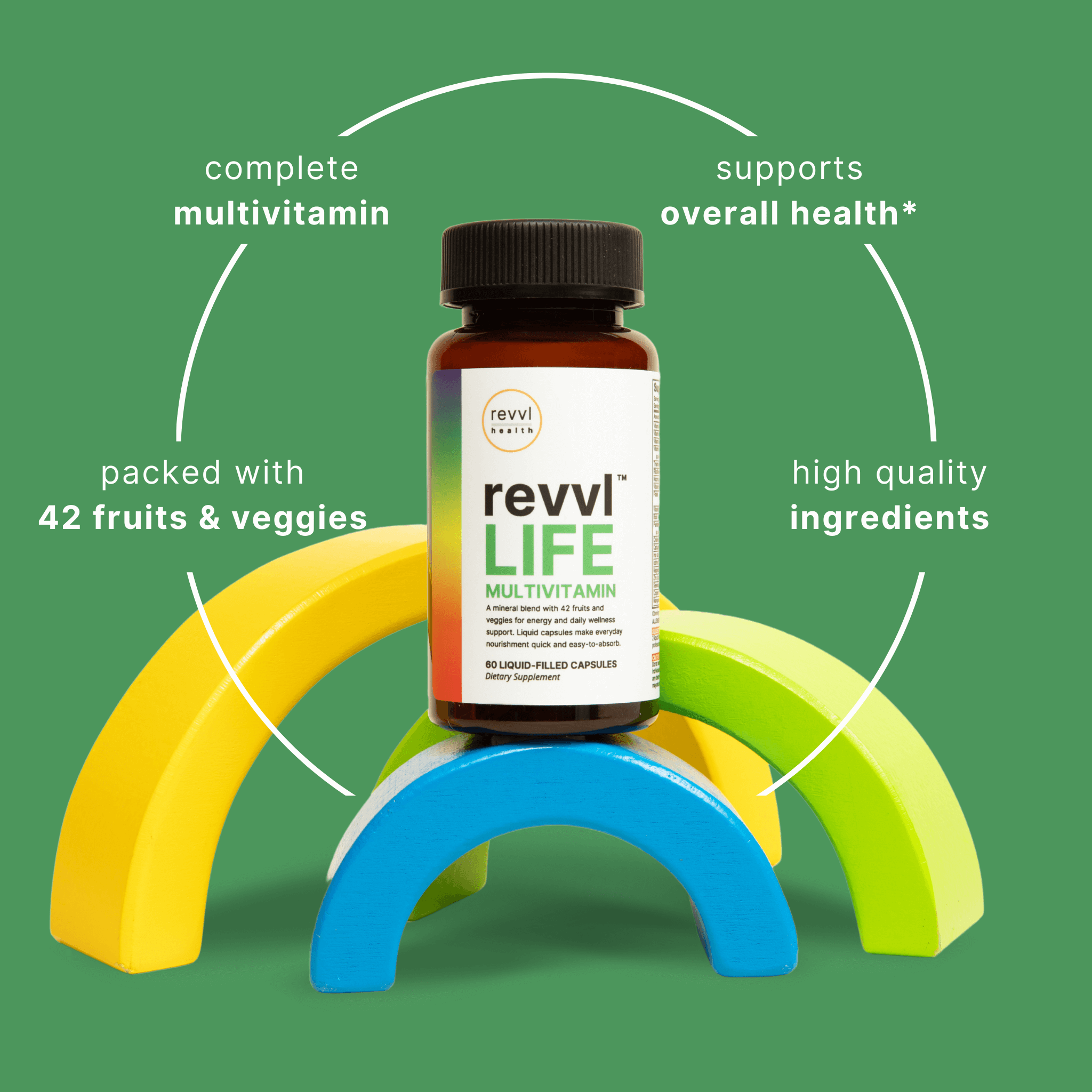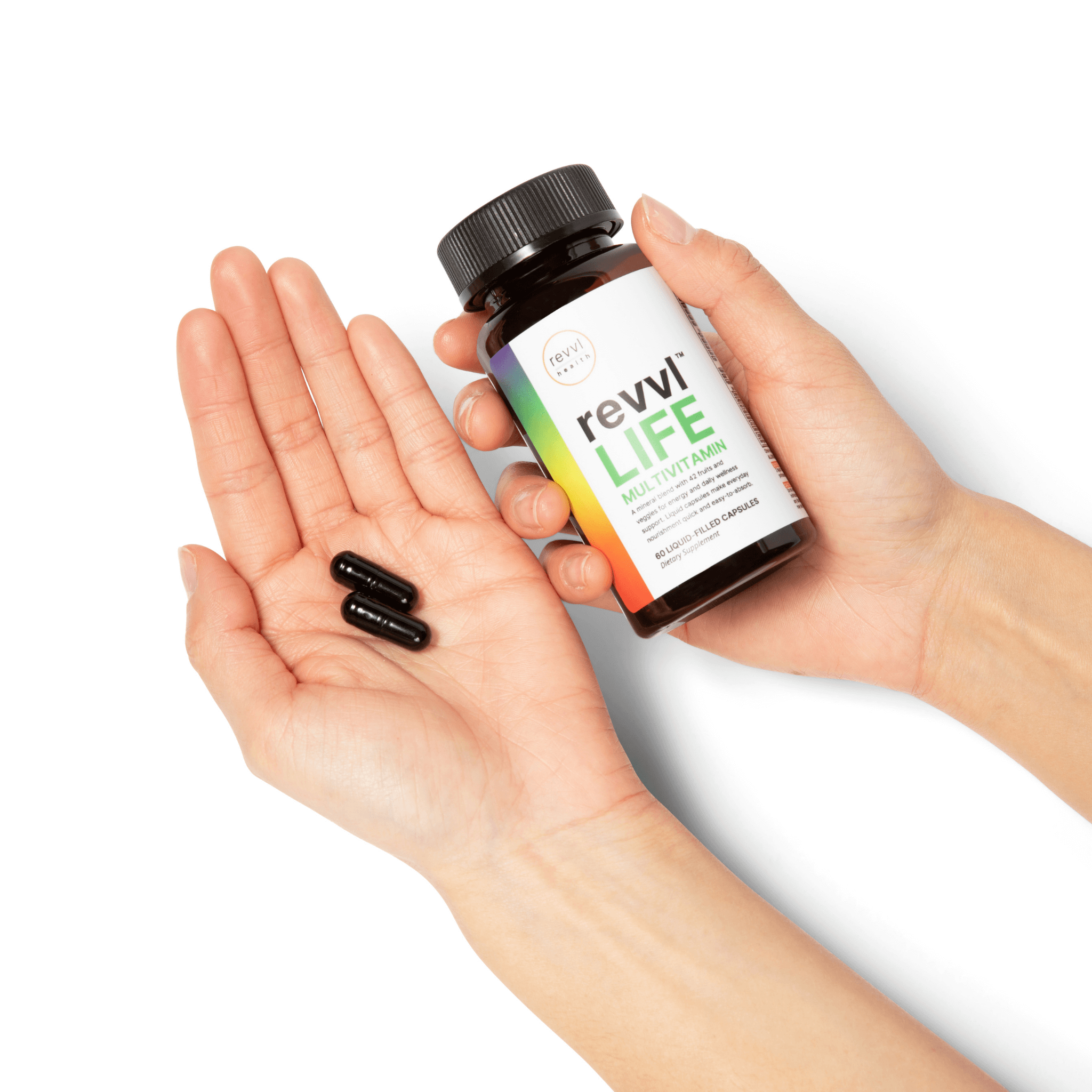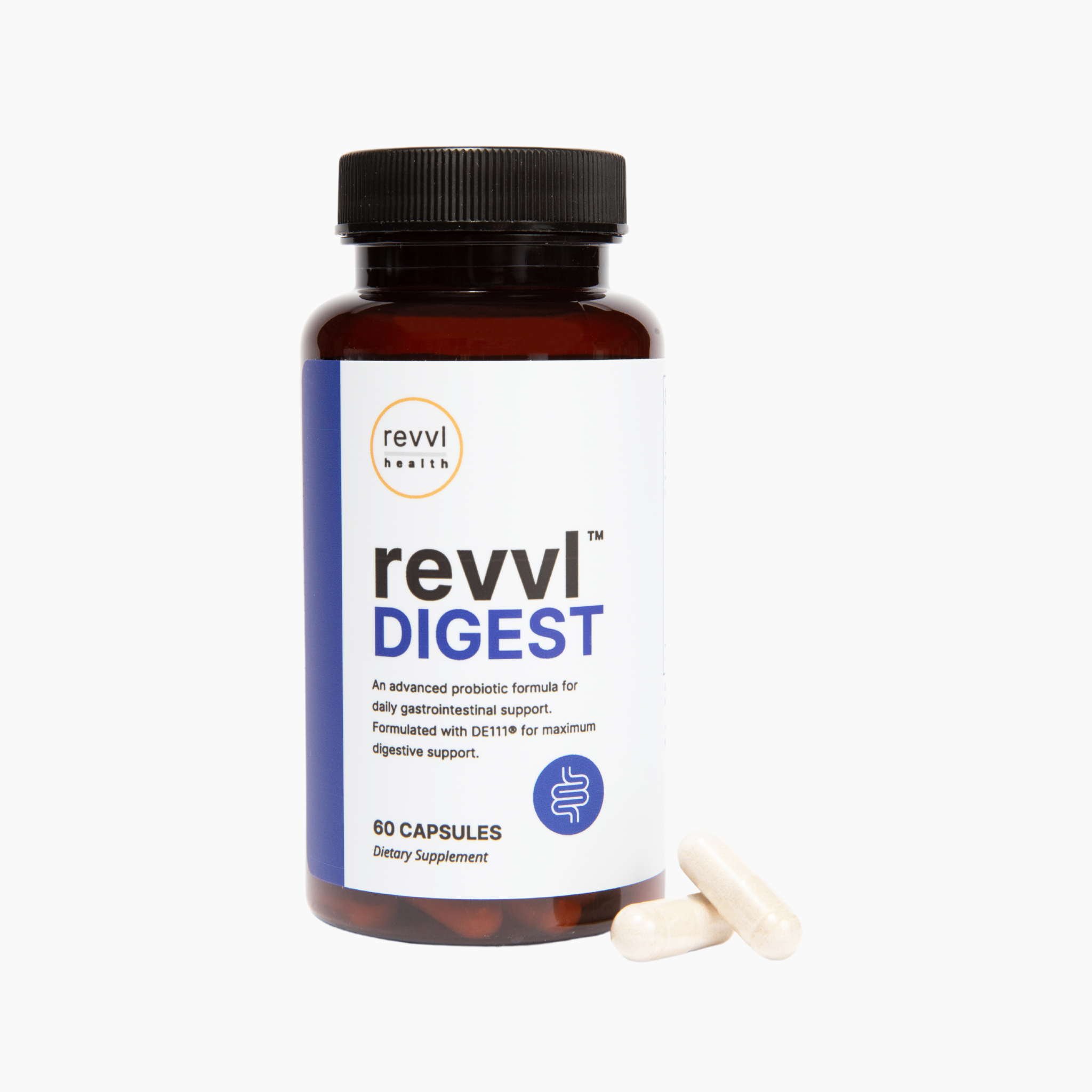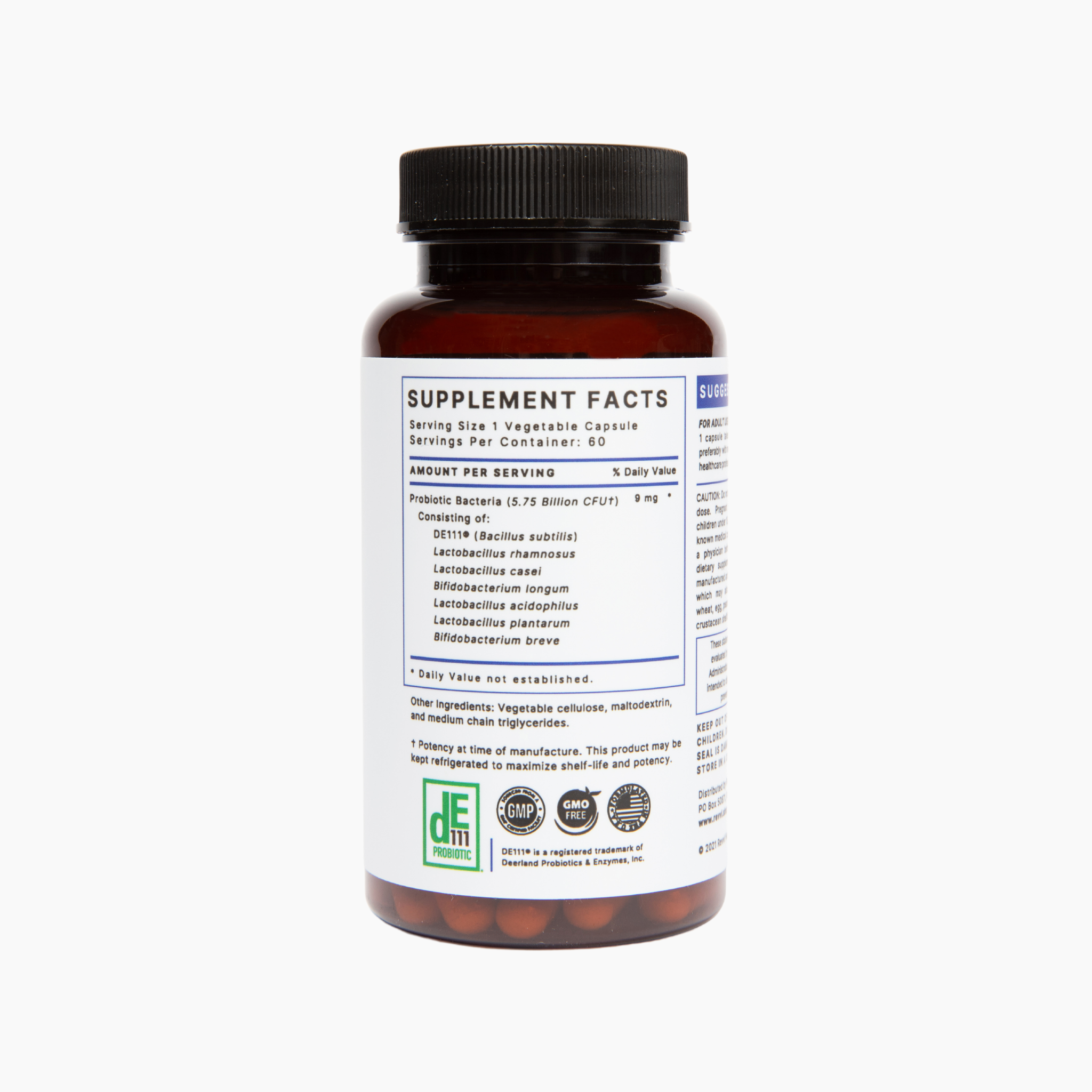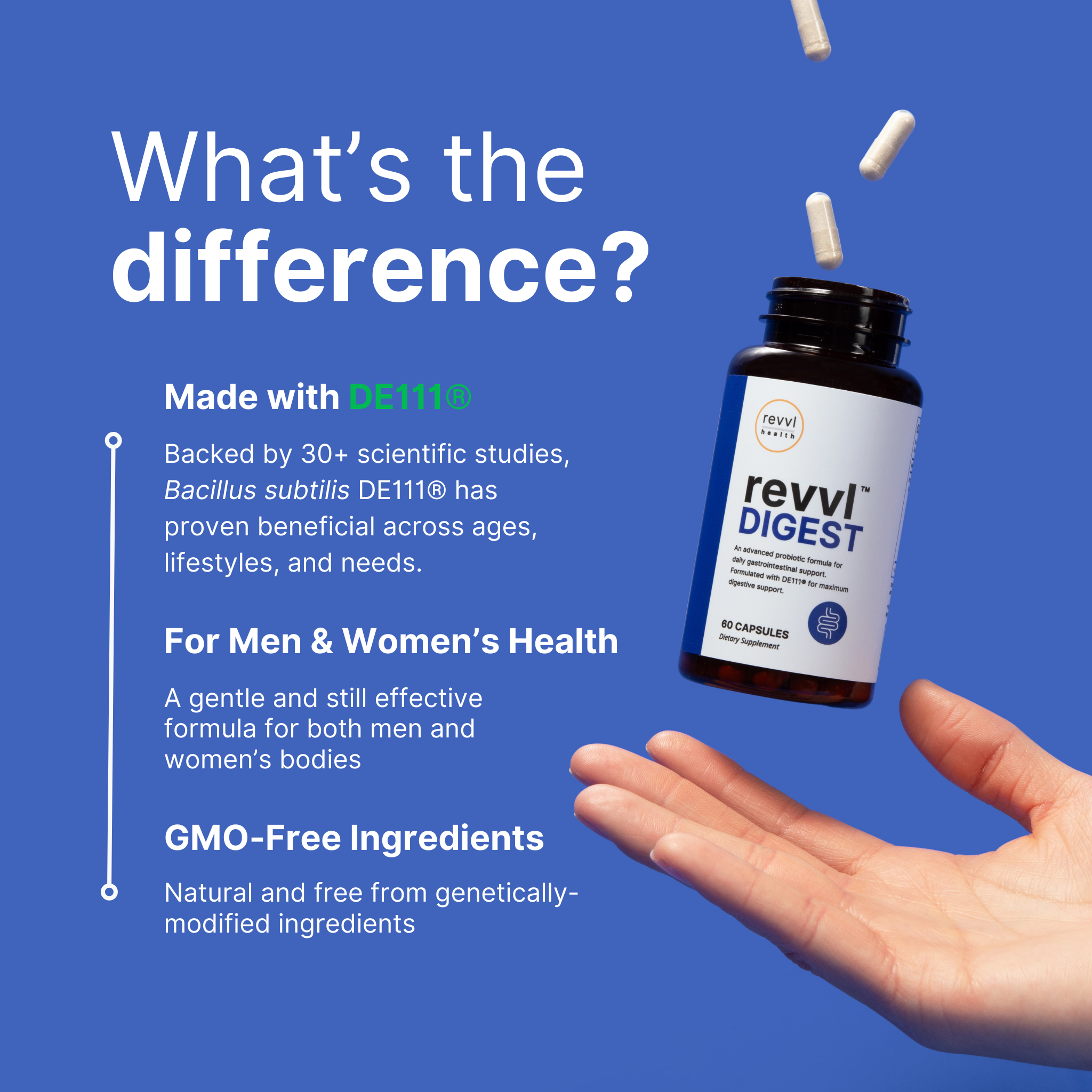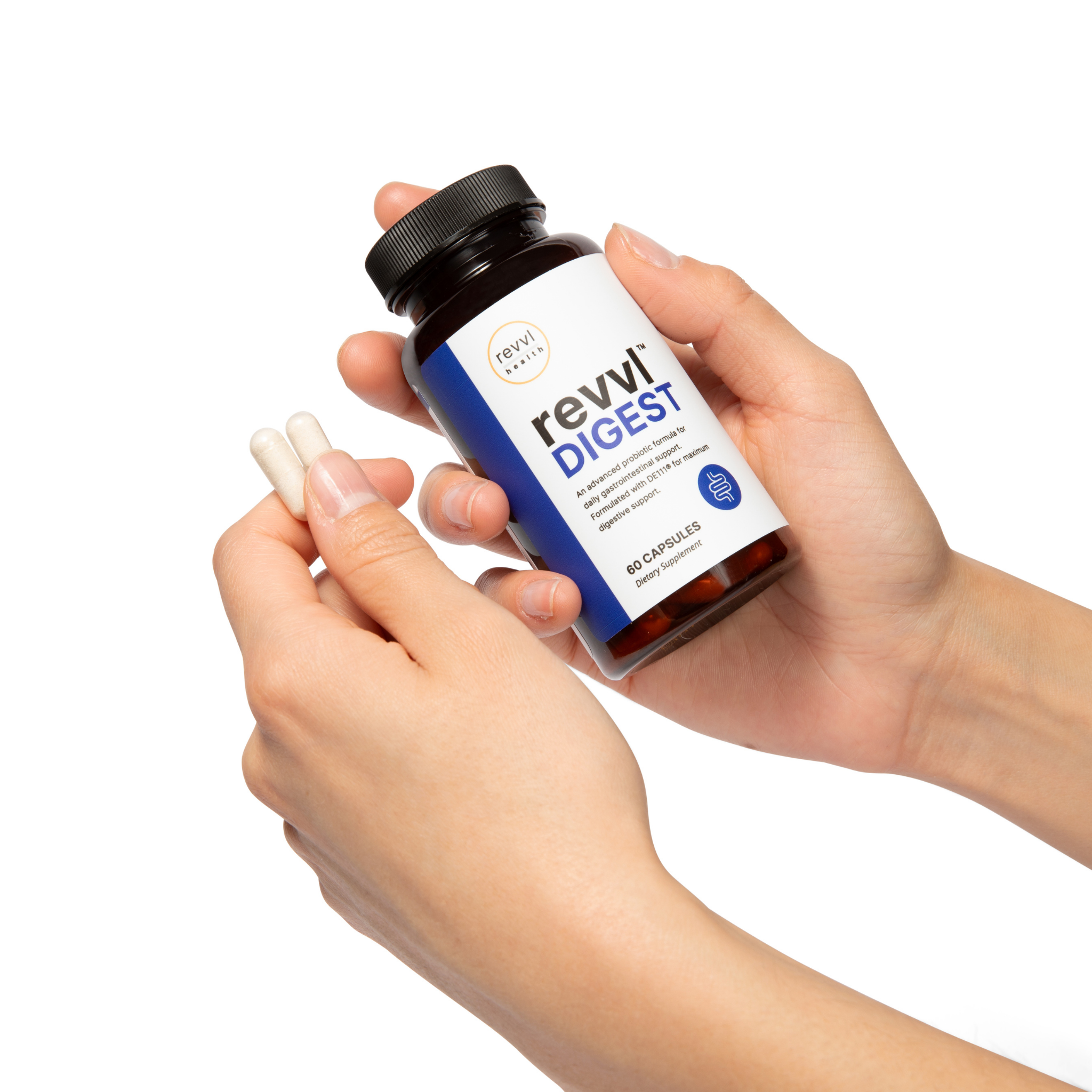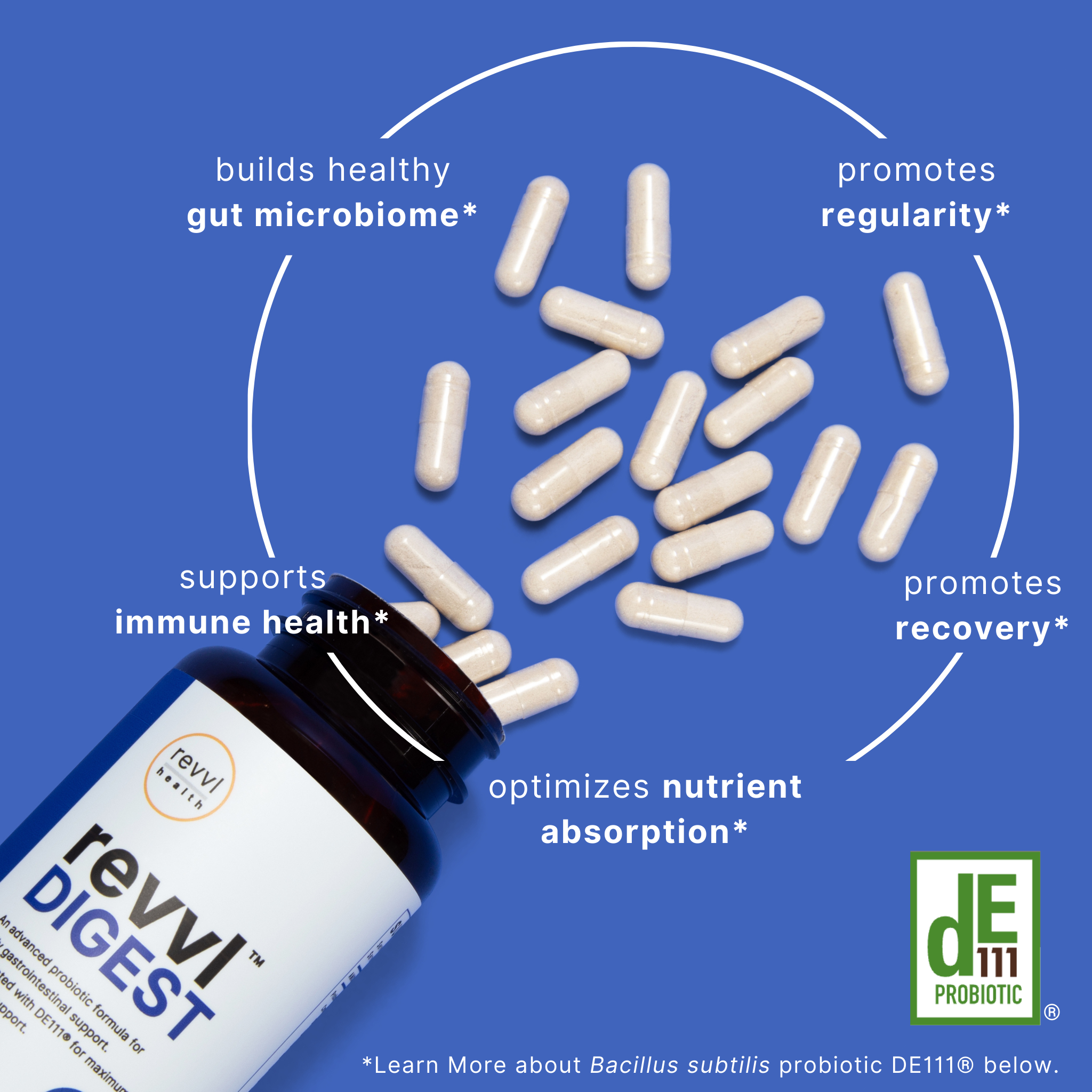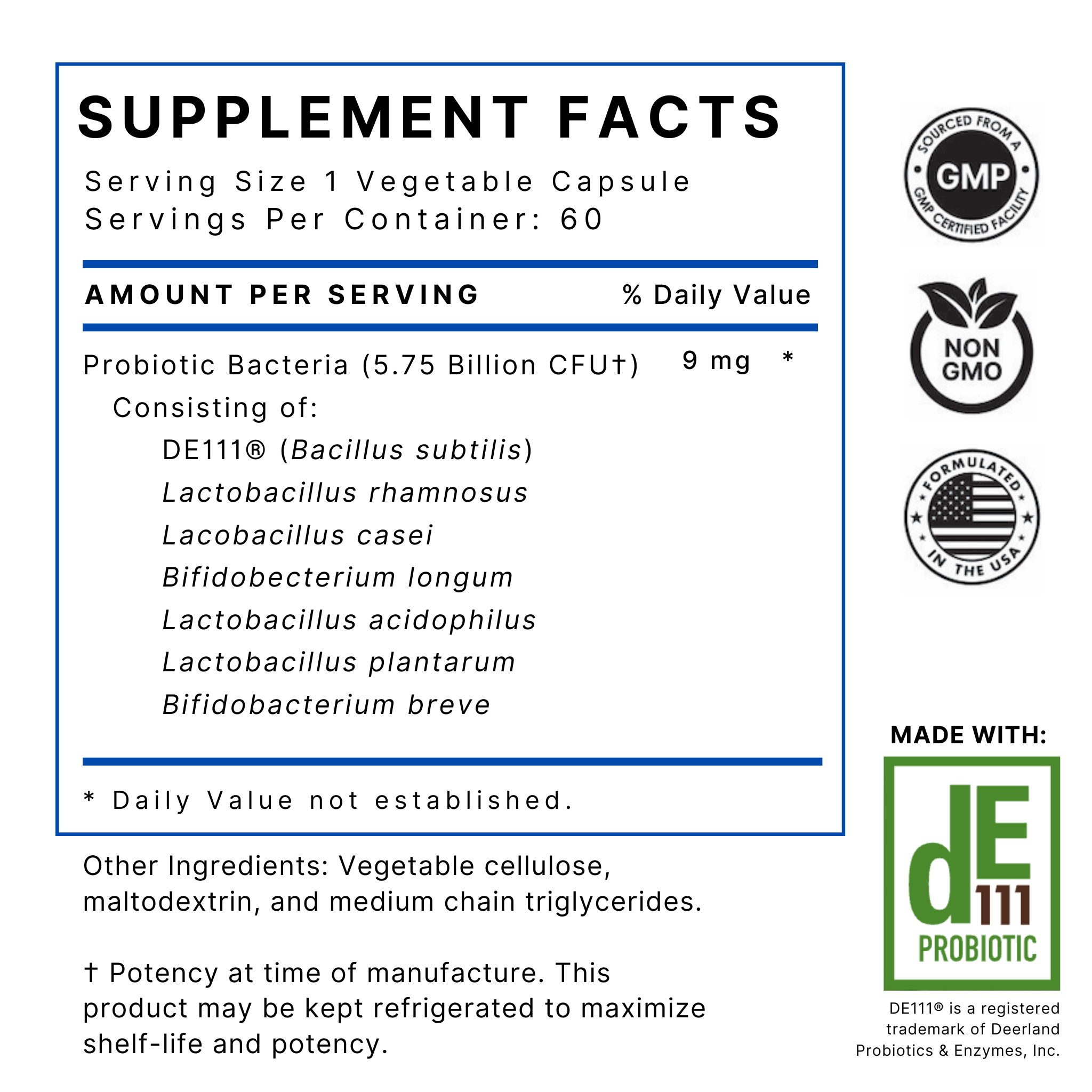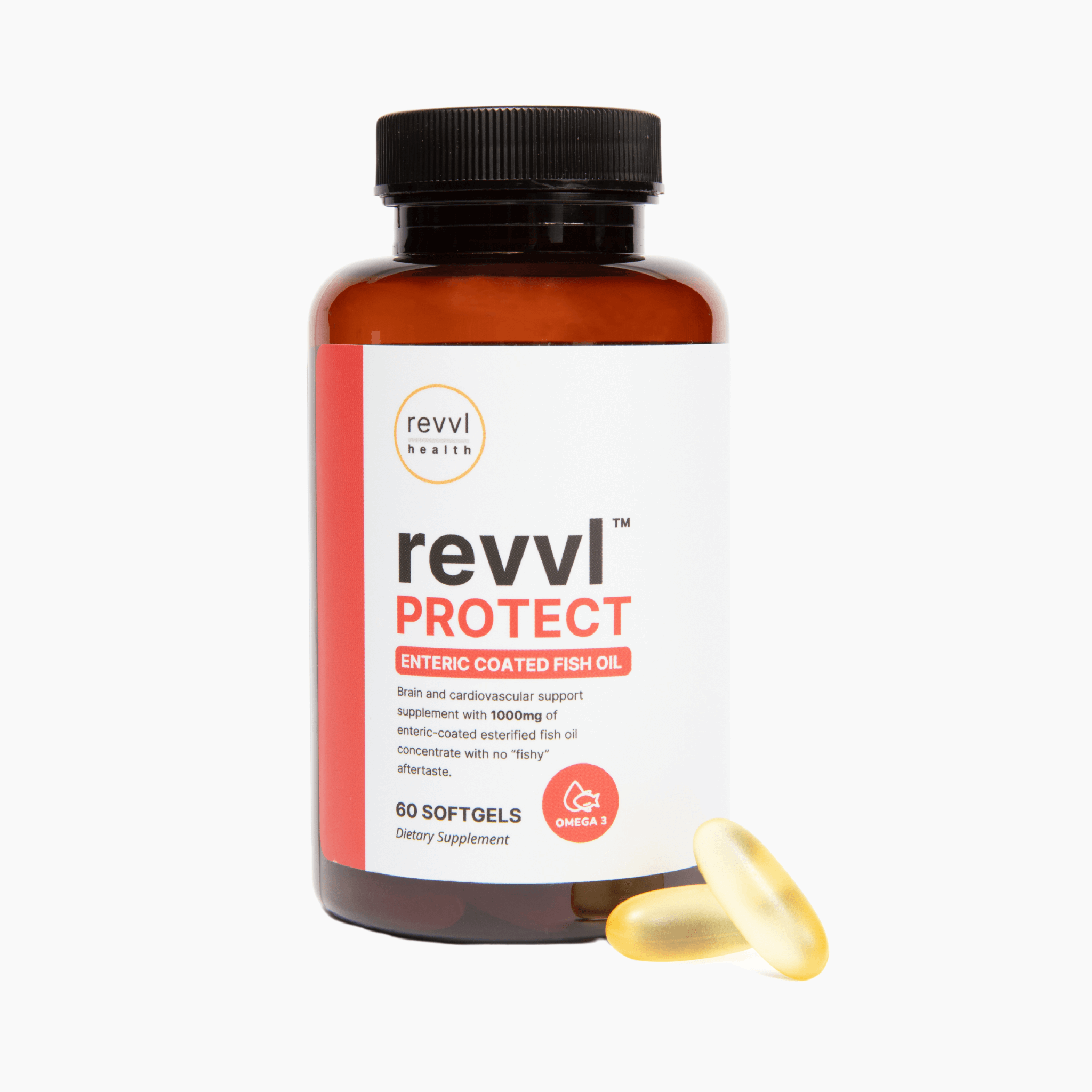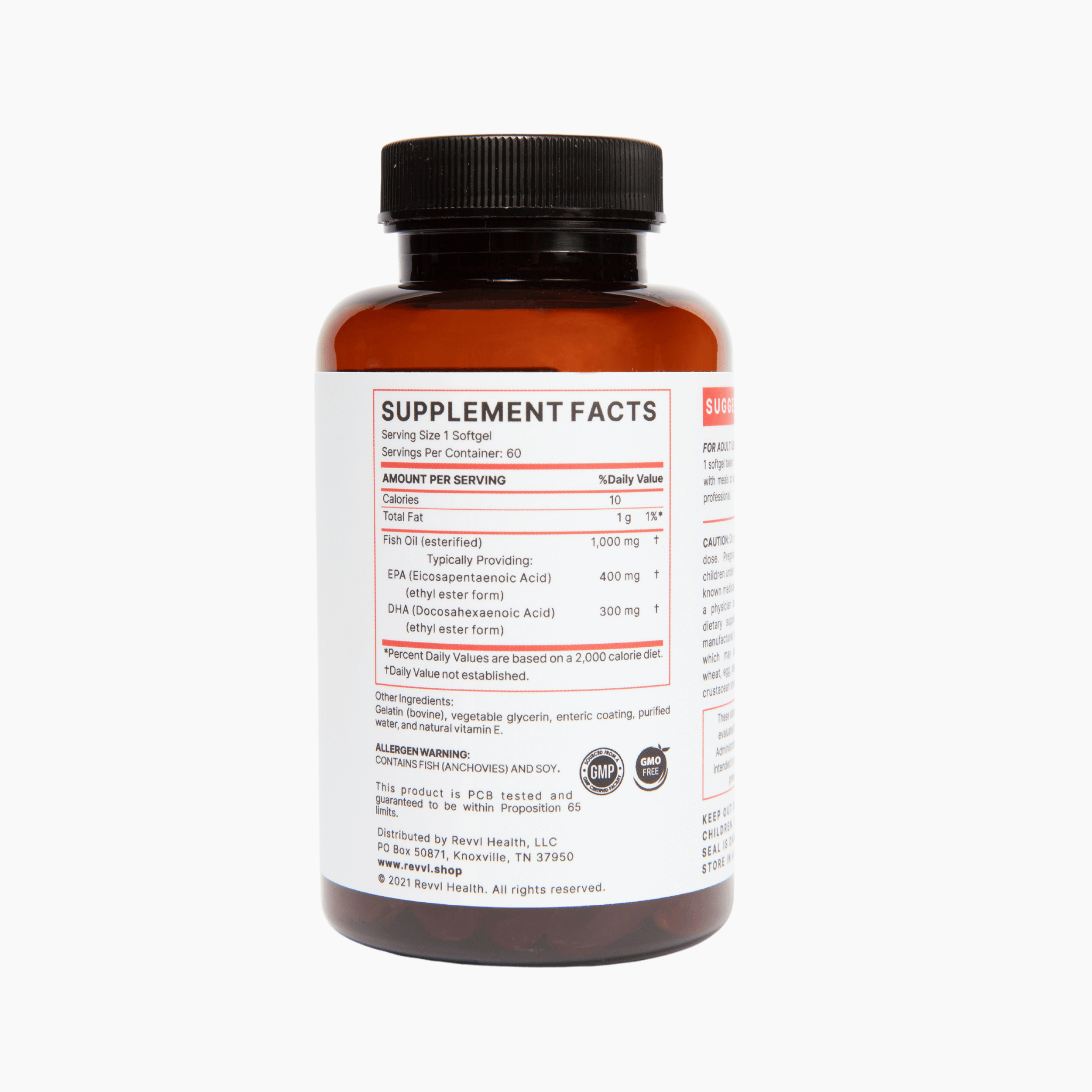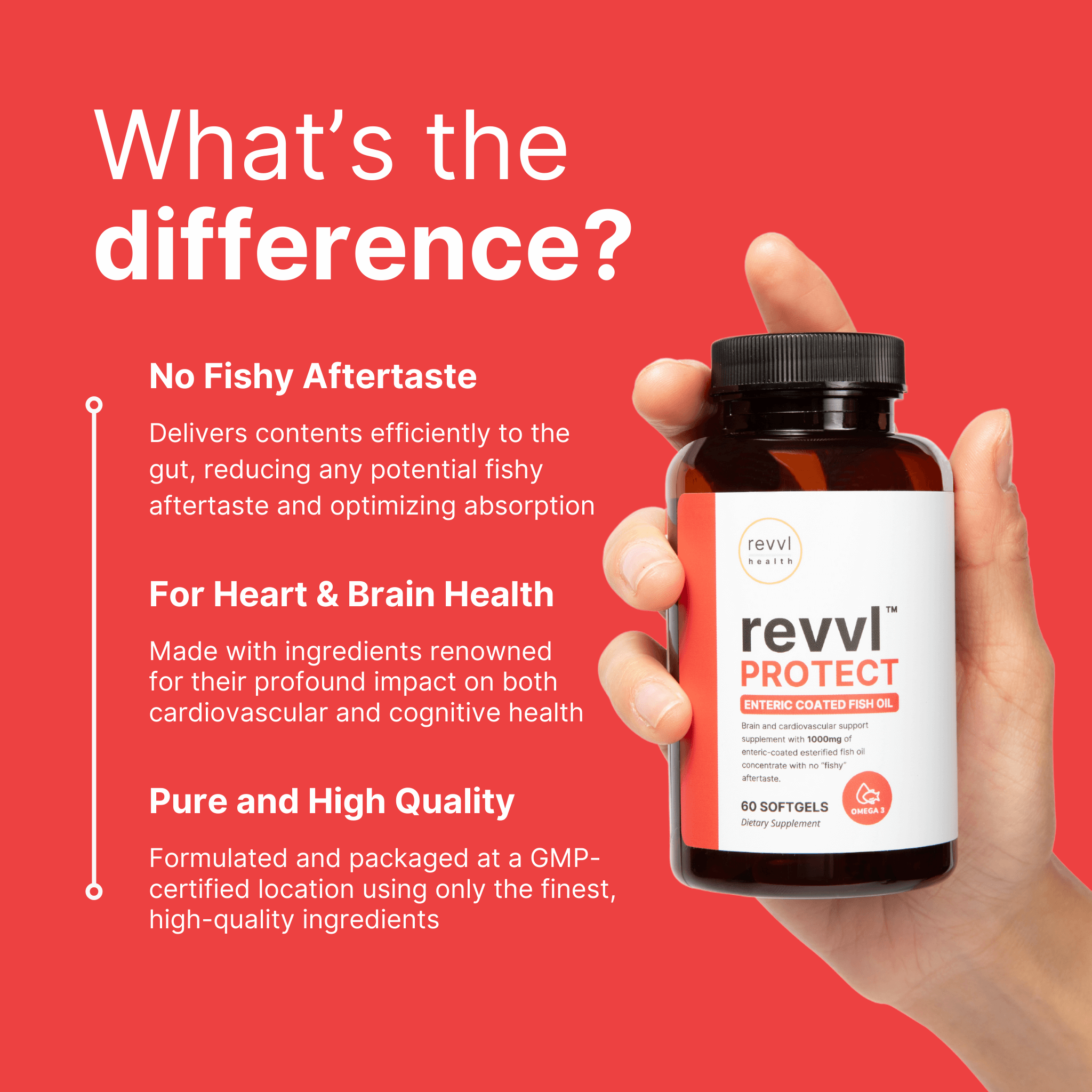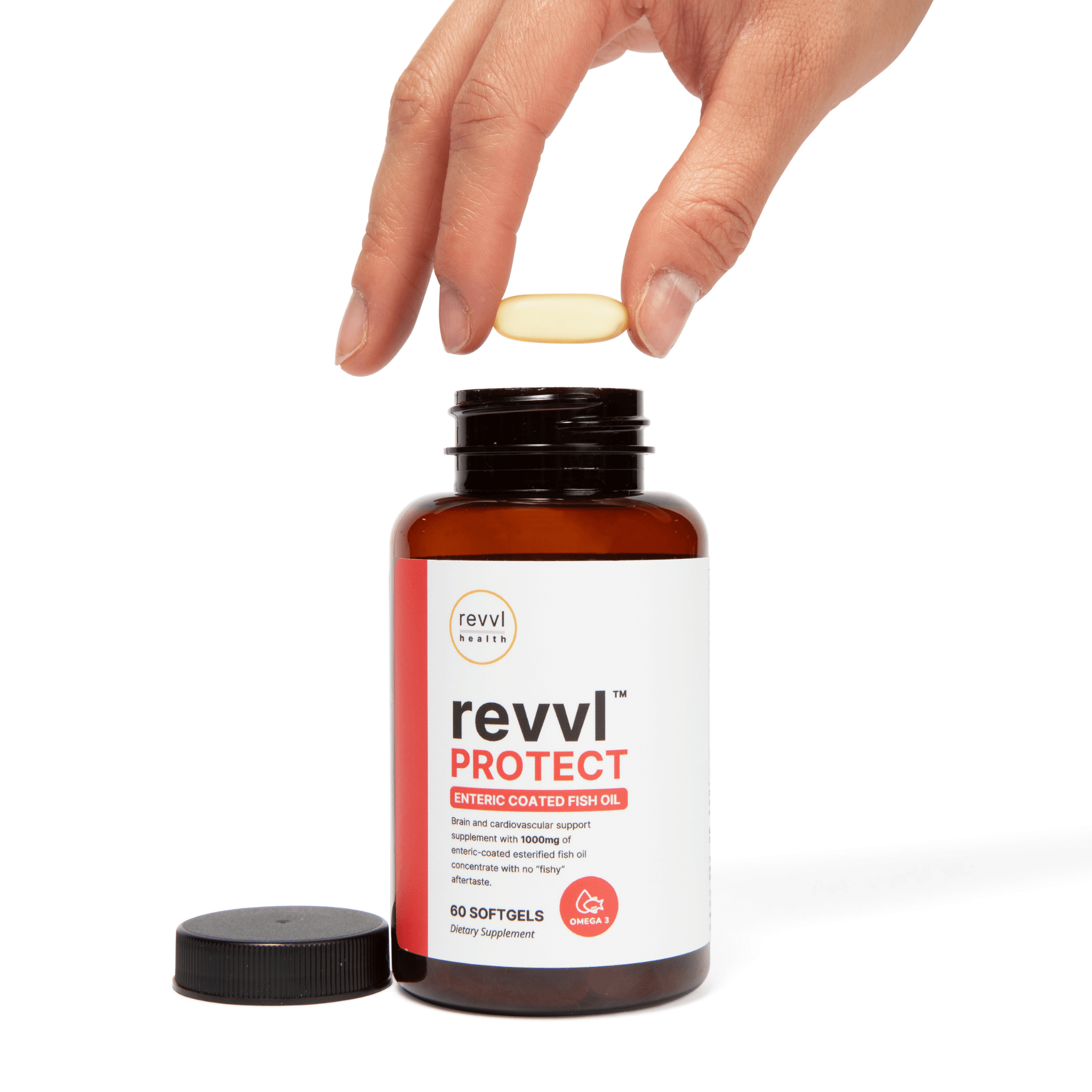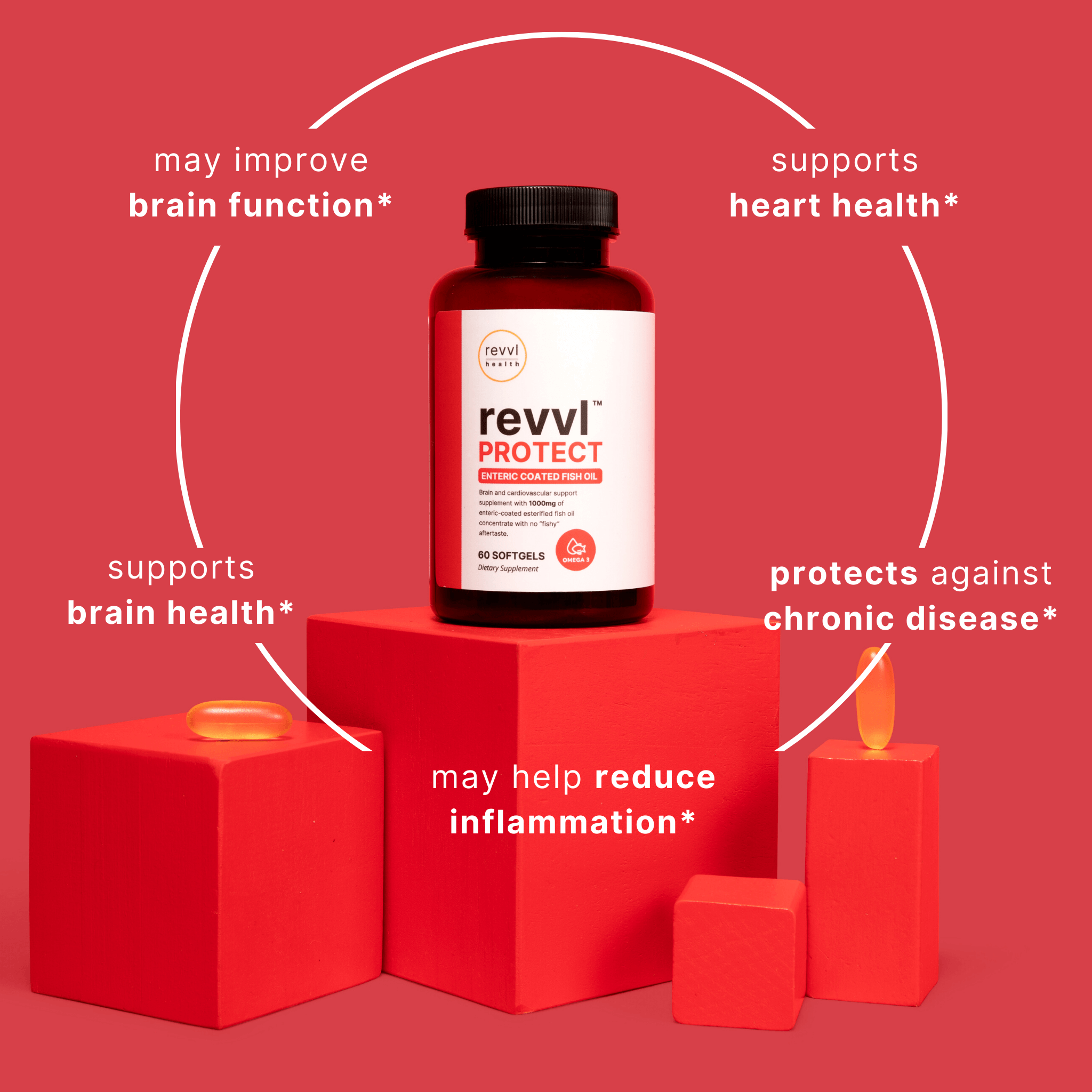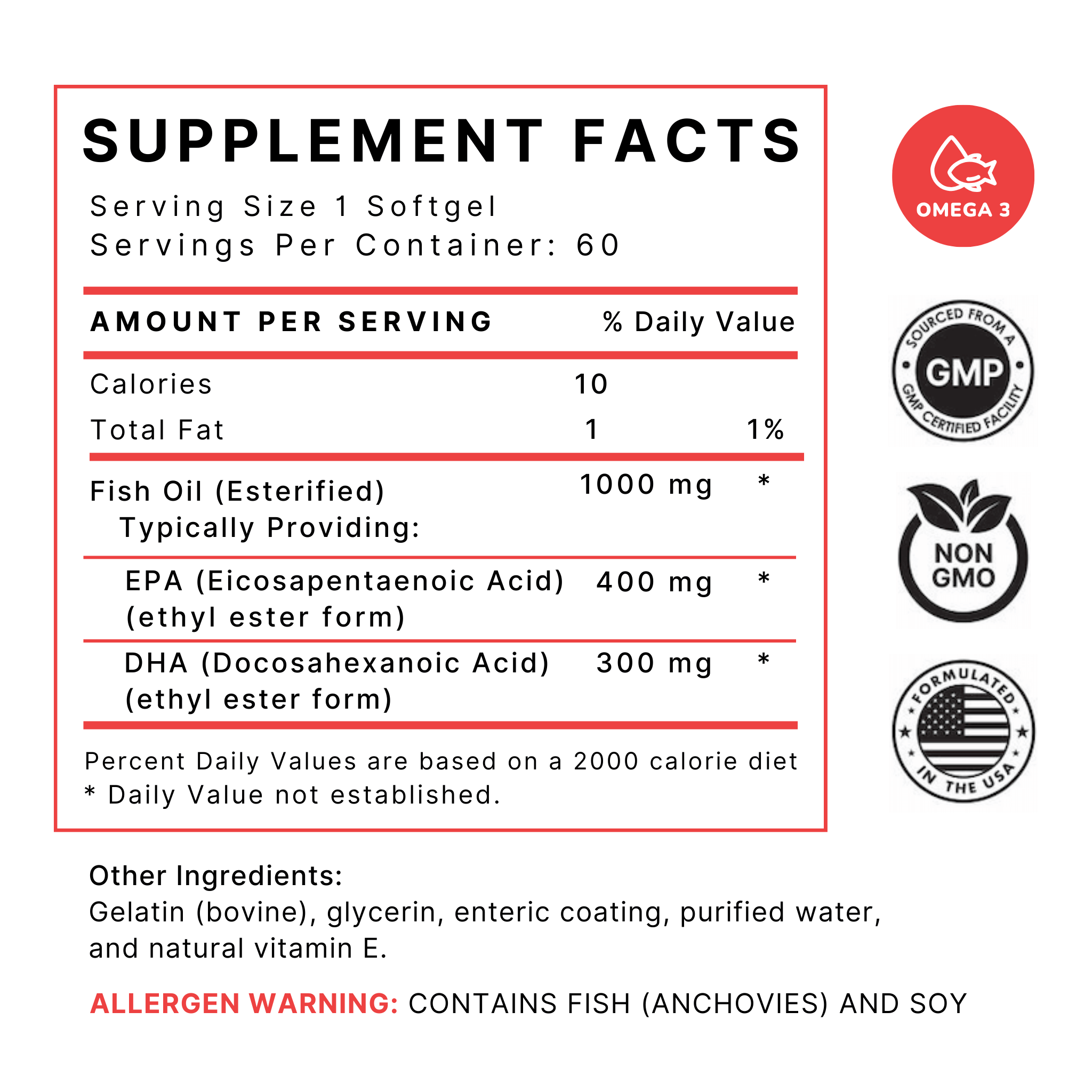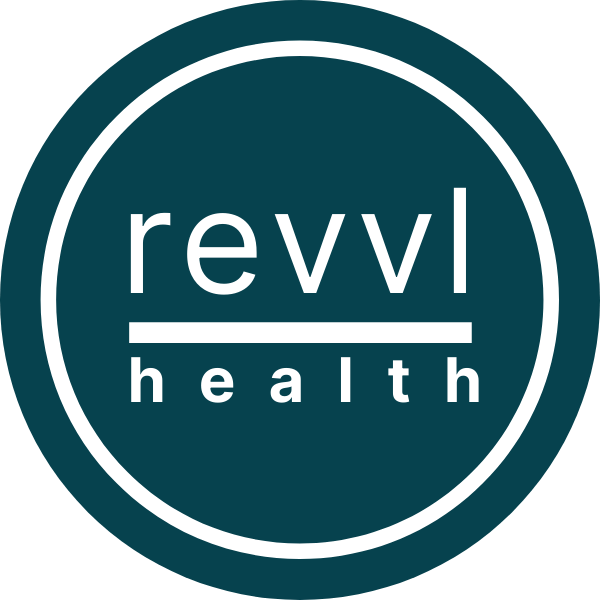Your health and your sleep go hand in hand. But did you know that good sleep can also improve your problem-solving skills? If you're having trouble with your work right now, paying attention to how well you're sleeping could be one of the most important steps toward finding answers and solving problems faster, better, and more creatively than ever.
Here are a few ways poor sleep can affect your problem-solving skills and what you can do to improve it.
What Happens to Your Body When Lacking Sleep?
Poor sleep may take the form of either short sleep duration or fragmented sleep. Sleep cycles are disrupted and challenging to maintain with too little and too much sleep.
Without adequate rest, the brain struggles to perform appropriately. Because neurons can't recover, they become overworked and perform poorly across any thinking. Here are three ways poor sleep can affect your physical health, cognition, and problem-solving skills.
The Physical Effects
We've all felt the physical strain of poor sleep--general fatigue, muscle aches, and so on. But there are also long-term physical impacts of inadequate sleep.
- Minimized Immunity: Irregular sleep can impair your immune function, making it easier to catch something and become sick.
- Reduced Libido: A study found that young men who slept less than five hours per night had lower testosterone levels. The researchers reported that the men's overall mood and vigor continuously declined each night without adequate sleep.
- Gaining Weight: The findings from a three-year study indicated that those who slept for less than five hours each night were more likely to gain weight and ultimately become obese. Those who slept more than 7 hours did better on the scale.
- Worsening Skin Health: A study looking at the habits of people aged 30-50 examined the effects of insufficient sleep on skin health. The negative impacts of inadequate sleep were fine lines, wrinkles, uneven skin color, and poor self-esteem.
The Connection Between Sleep & Problem-Solving
If you're not getting enough quality sleep, it can affect your ability to solve problems both at work and in your personal life.
Research indicates that one night of disrupted sleep will leave you sleep-deprived and impaired. Most notably, sleep deprivation can have some of the same effects as alcohol, like fuzzy thinking and slow reaction time.
Sleep deprivation can have some sweeping, significant effects on cognition (aka thinking). Experimental Brain Research published a study in which 18 men completed a task after a whole night's sleep. Then, they completed a task after losing a night of sleep. Brain functions like memory, decision-making, reasoning, and problem-solving, as well as reaction time and alertness, deteriorated.
Research also suggests that sleep affects your ability to learn and memorize things. Rest is necessary to transfer new memories into long-term storage and stabilize existing memories. In other words, we need sleep to cement memories in place.
Tips for Improving Sleep & Decision-Making
You are not alone if you have a sleep disorder, bouts of insomnia or sleeplessness, or can't create a solid schedule due to a busy lifestyle. The key to unlocking restful sleep is to find products that support sleep health and make positive lifestyle changes. Doing so will help to improve the quality of your sleep instead of the quantity.
Here are a few of our favorite tips to consider when striving to improve sleep (and decision-making):
Strive for Consistency
Consistency is critical in winning the "sleep game" because it allows your body to create a pattern and establish a productive sleep cycle. Creating a consistent sleep pattern could include:
- Wake up simultaneously every day.
- Stick to a specific bedtime.
- Mix up your nighttime routine with relaxing activities.
Swap Melatonin for an Adaptogen
Melatonin is typically the first solution people turn to for remedying sleeplessness. It's a great short-term fix but can eventually lead to dependence; slowing down the body's natural production of melatonin.
Adaptogen blends can help improve sleep without building a never-ending dependence by addressing stress and supporting the body's natural sleep cycle. Revvl Sleep contains ingredients like Ashwagandha, Cordyceps, Lemon Balm, Chamomile, and more to help you sleep without melatonin. This unique, adaptogen blend gets to the root cause of sleeplessness: stress.
Optimize Your Bedroom
We spend nearly one-third of our lives asleep, so creating a space that promotes healthy and productive rest is essential. A few ways to spruce up your space to promote sleep hygiene are to cool the room, block out light and sound, say goodbye to the electronics, maintain fresh pillows and bedding, and eliminate clutter.
If you're sick of dragging your feet and going about your day with exhausting brain fog, mix up your routine, spruce up your space, and swap out melatonin for an adaptogen blend like Revvl Sleep. Your brain (and all those high-level business decisions) will thank you.
Research and Resources:
[1] Effect of 1 Week of Sleep Restriction on Testosterone Levels in Young Healthy Men
[3] Effects of Sleep Quality on Skin Aging and Function






